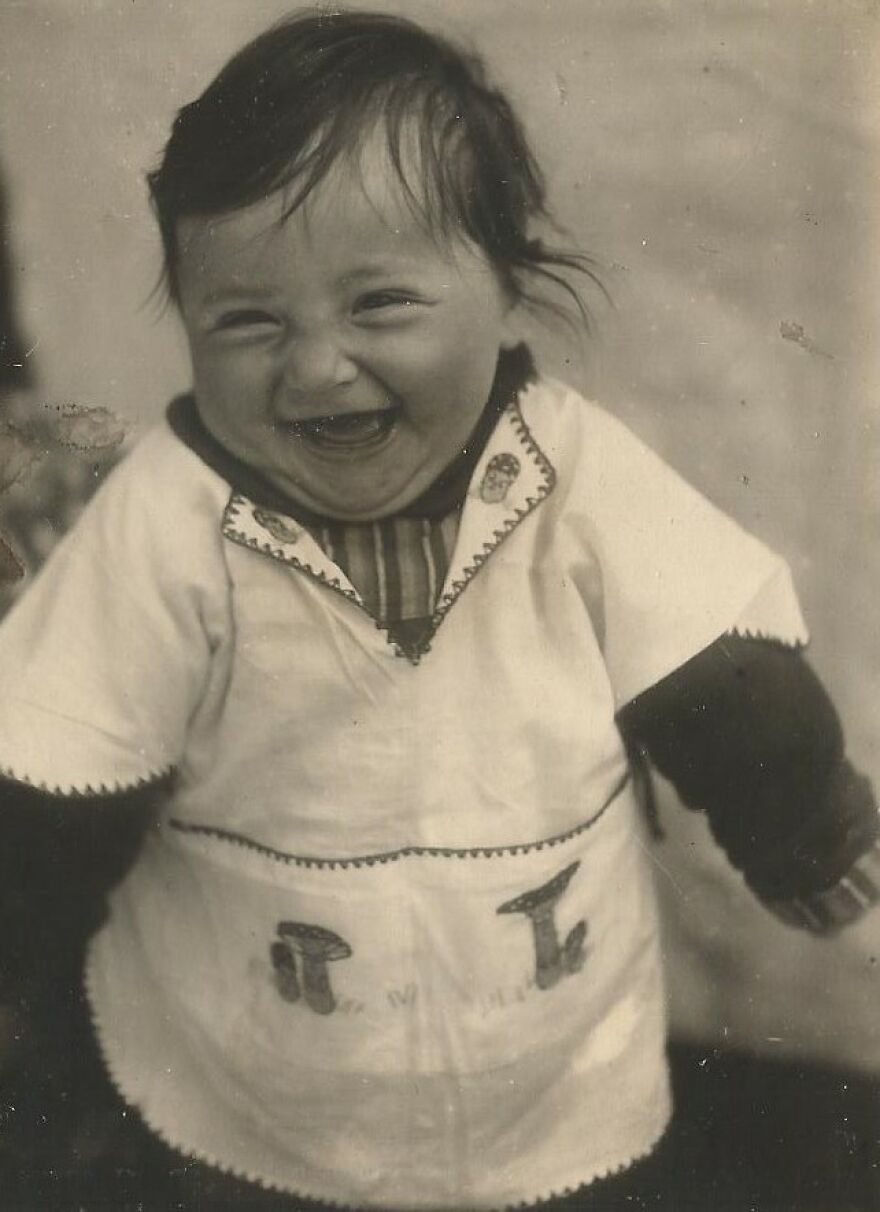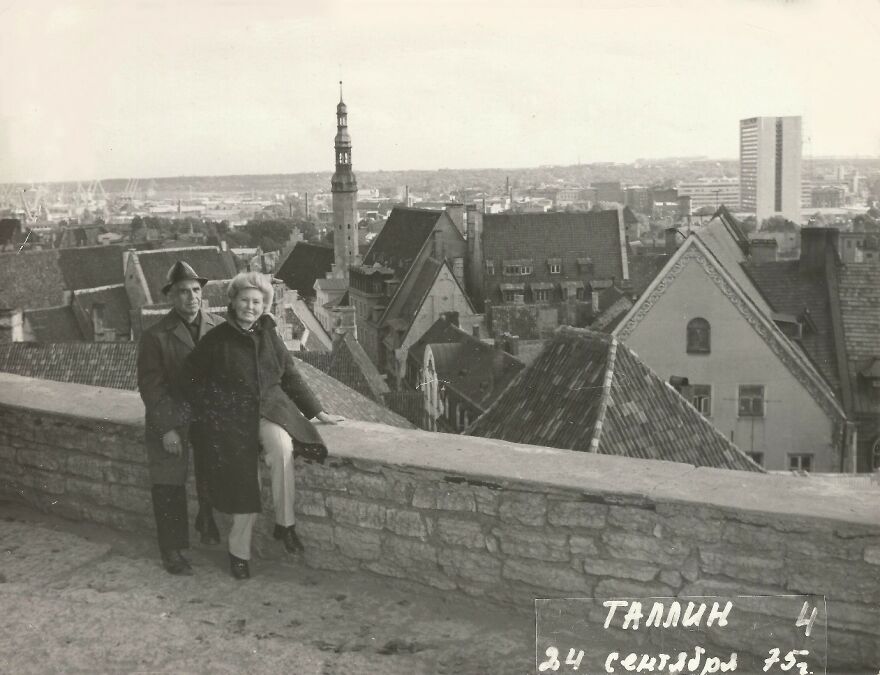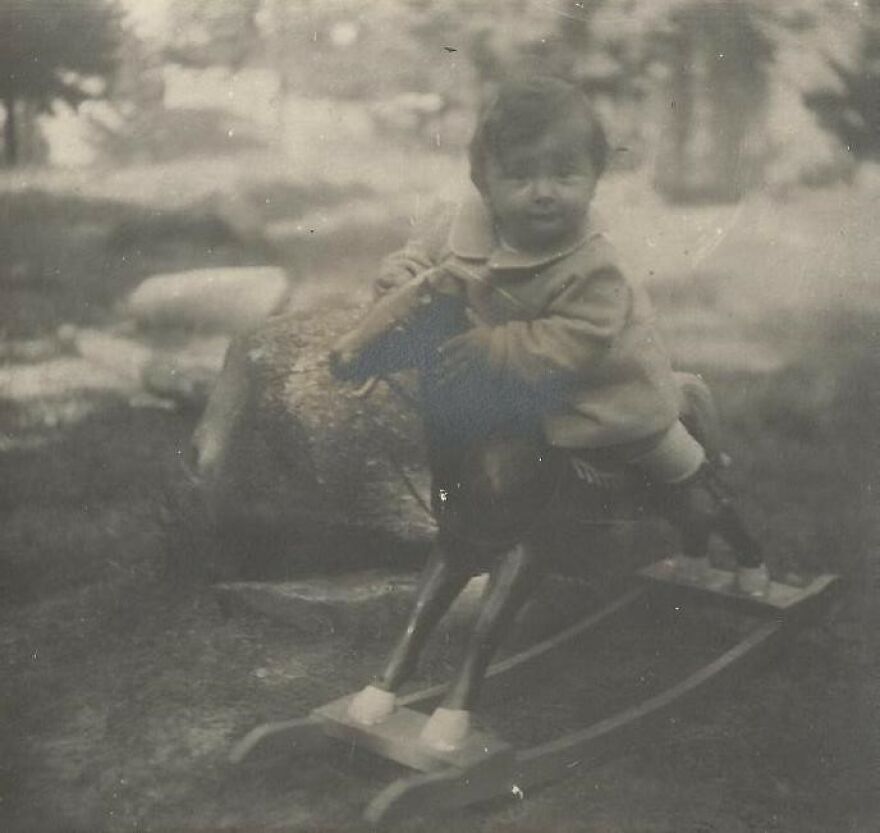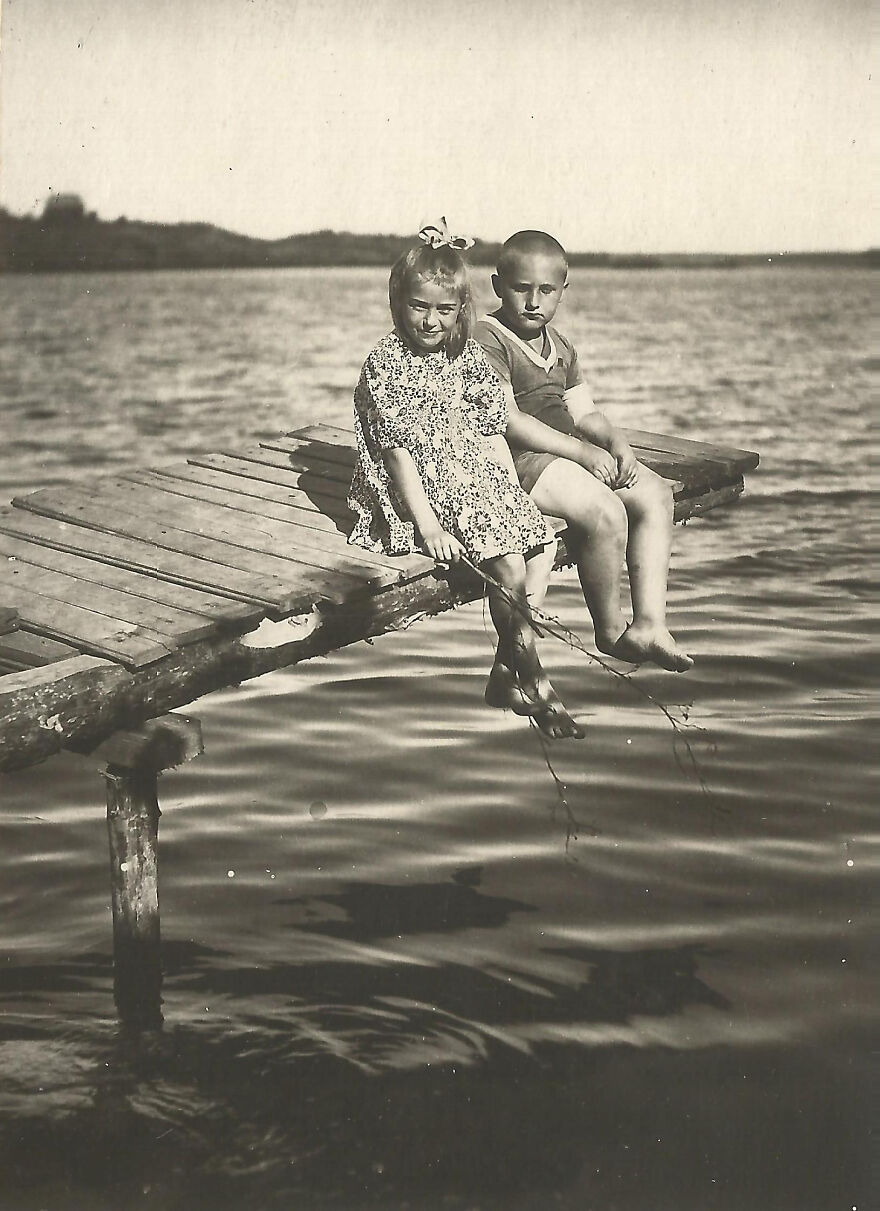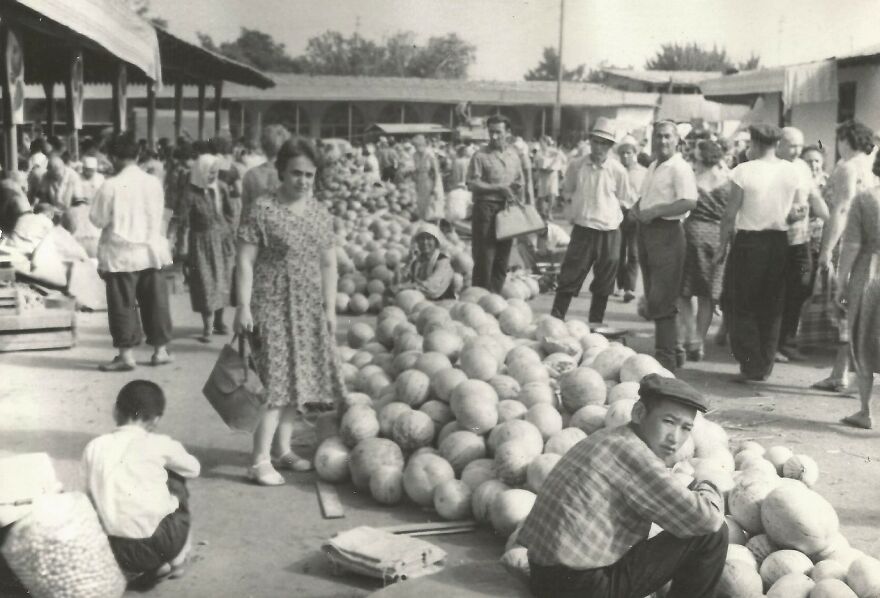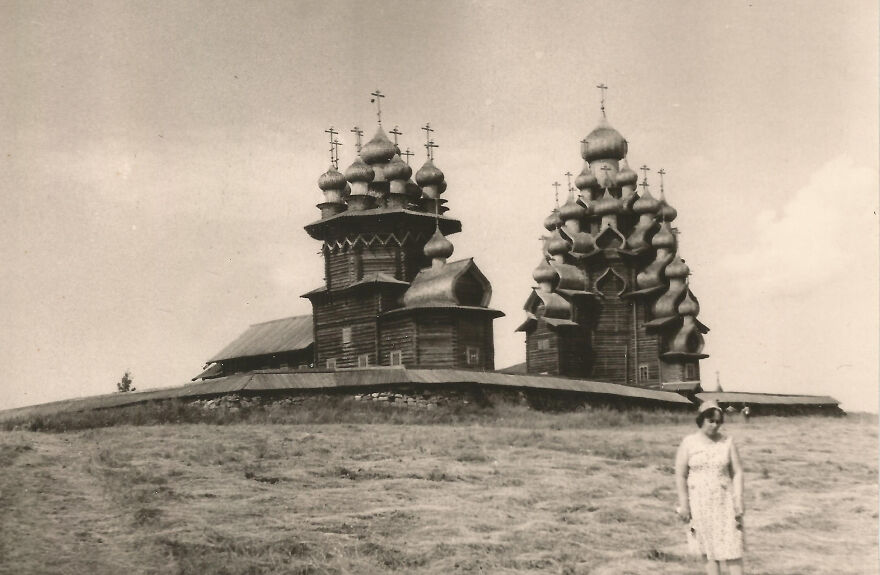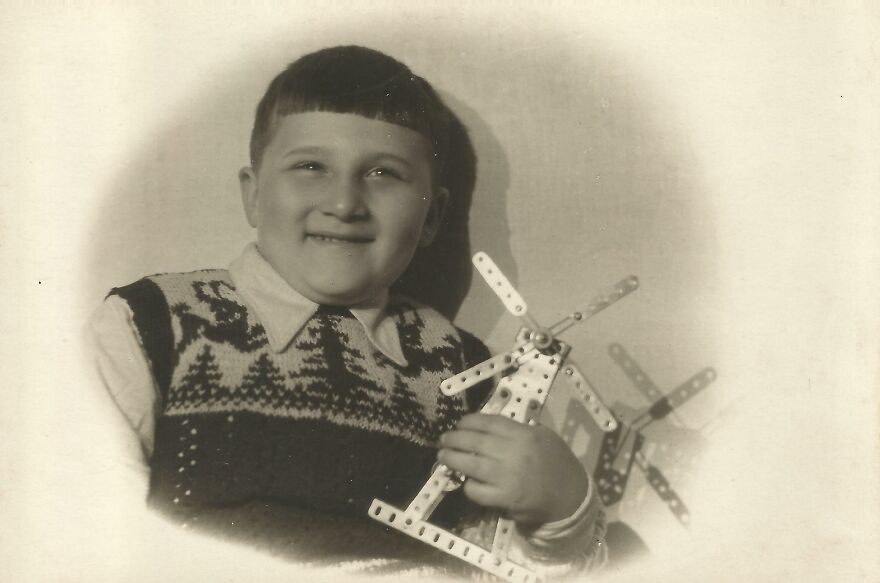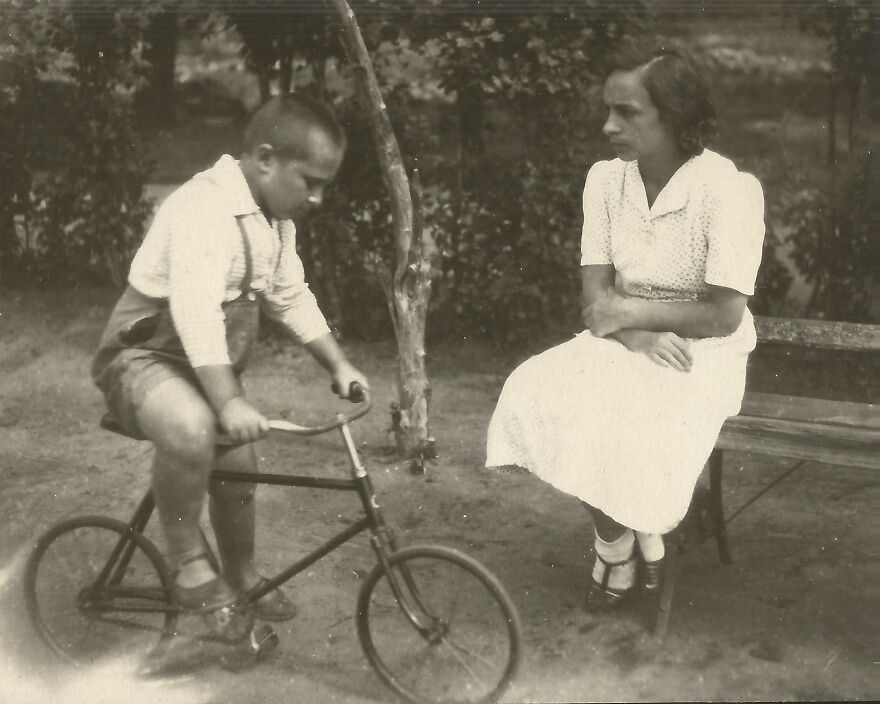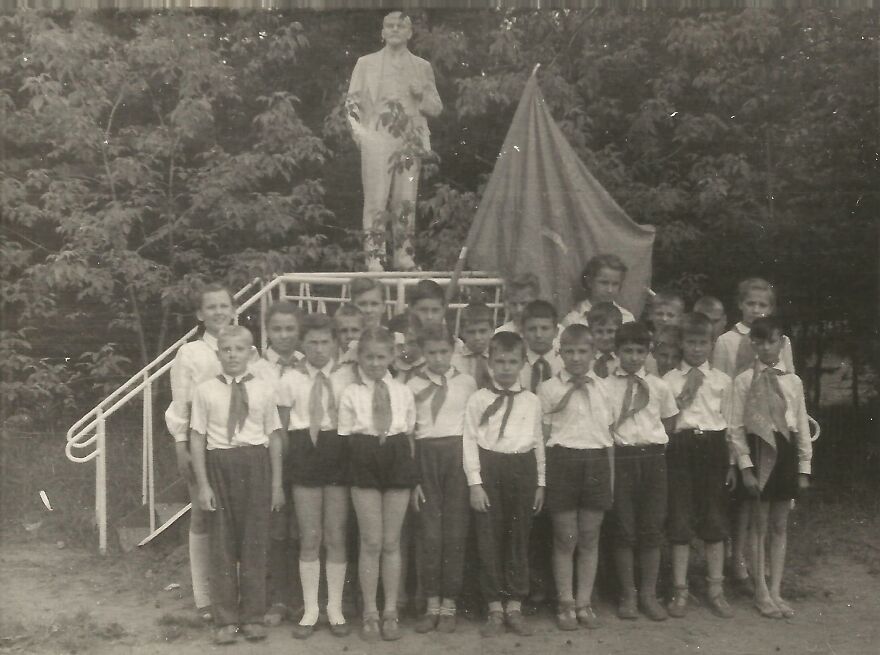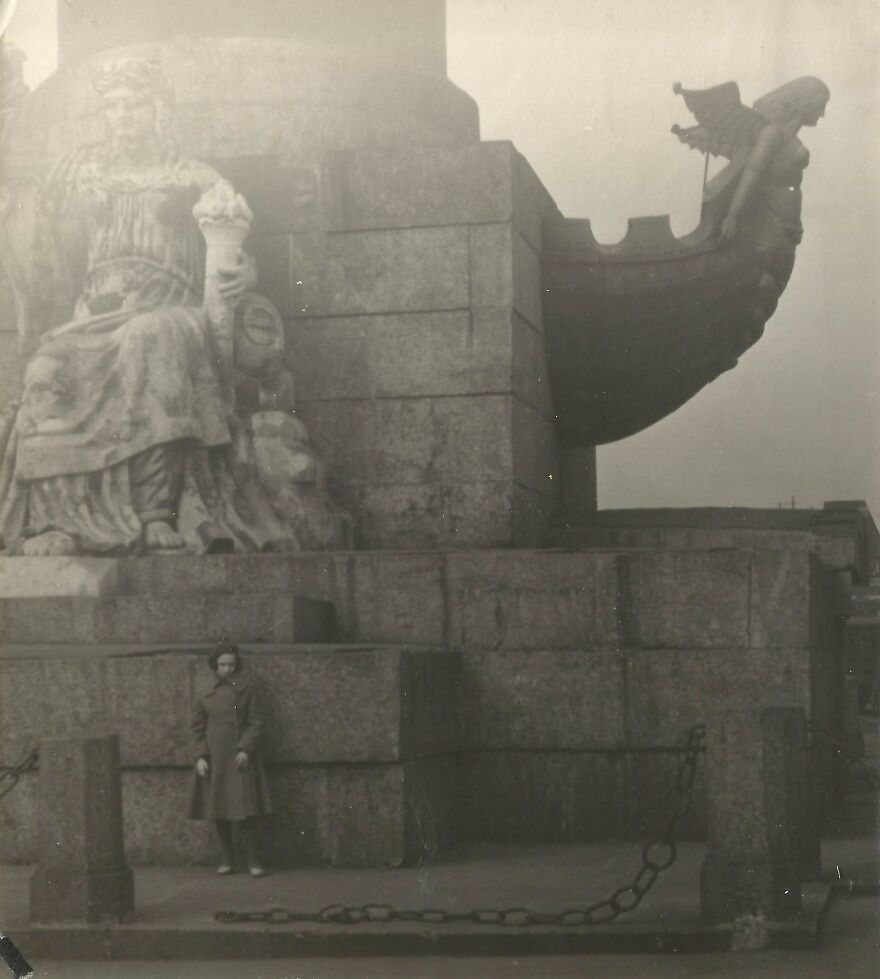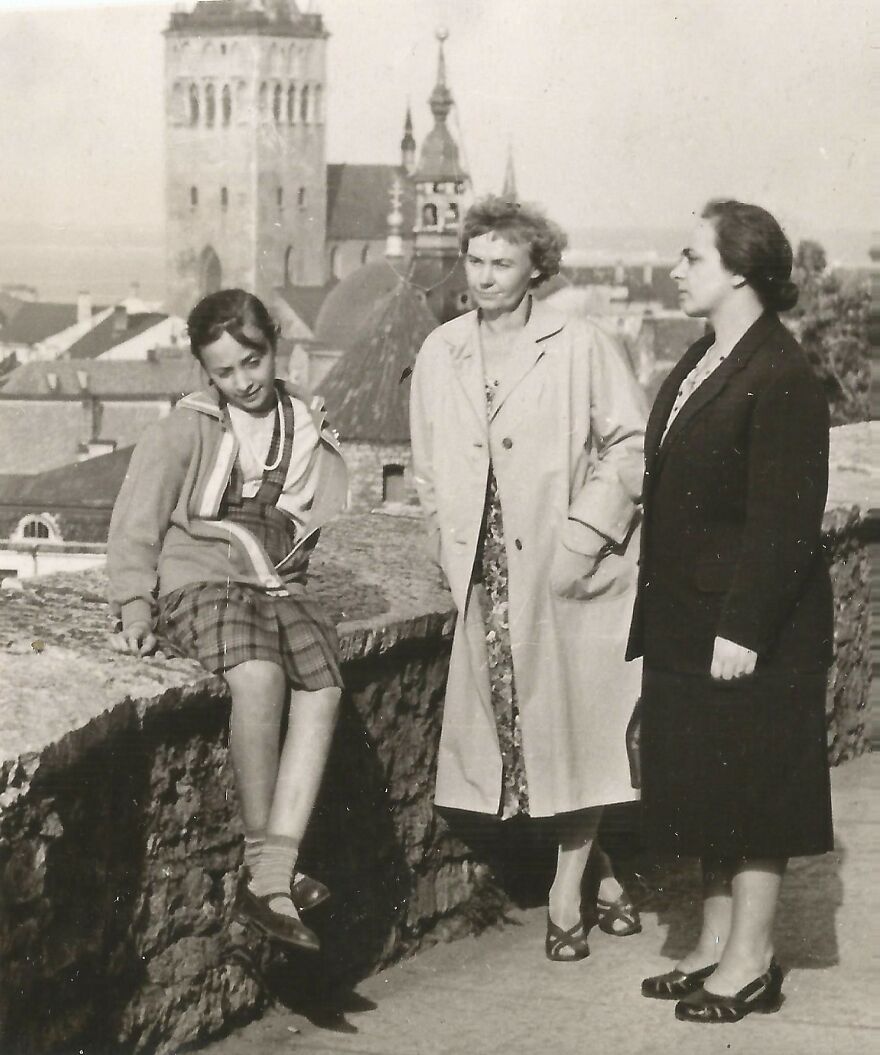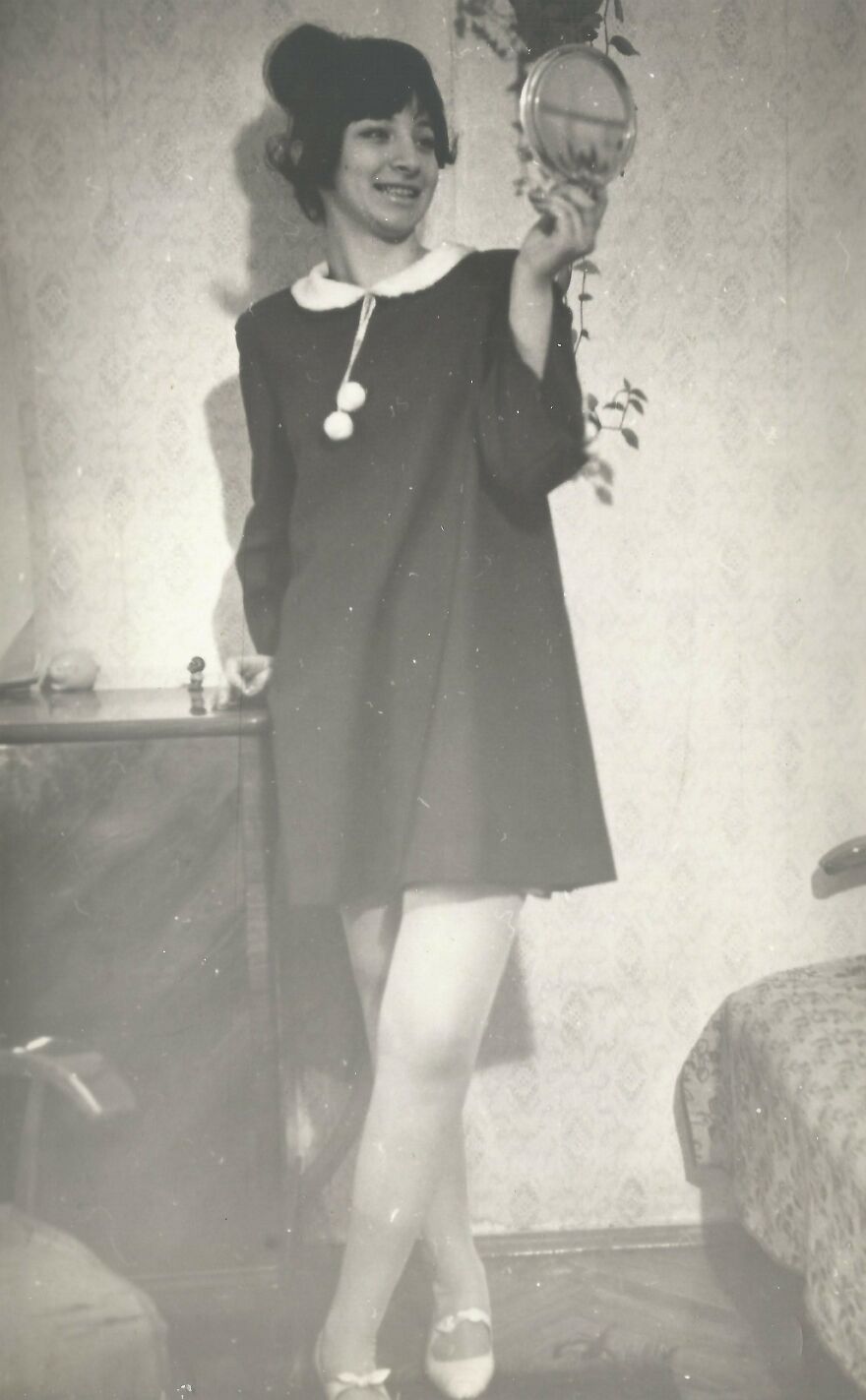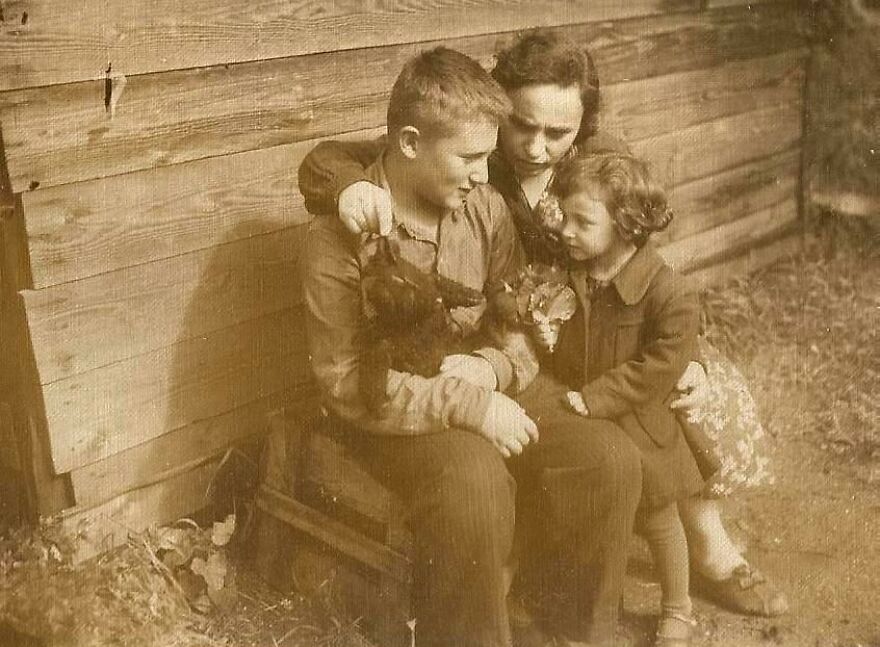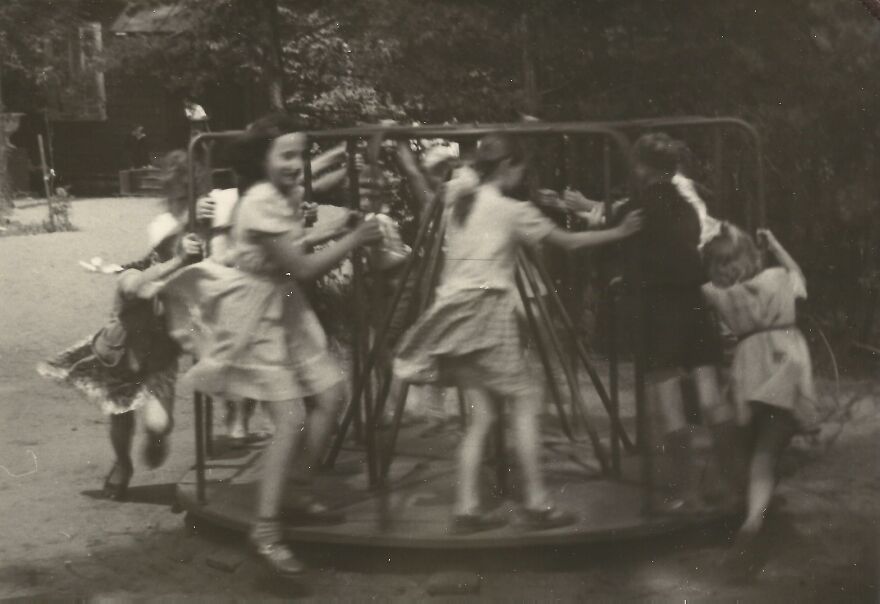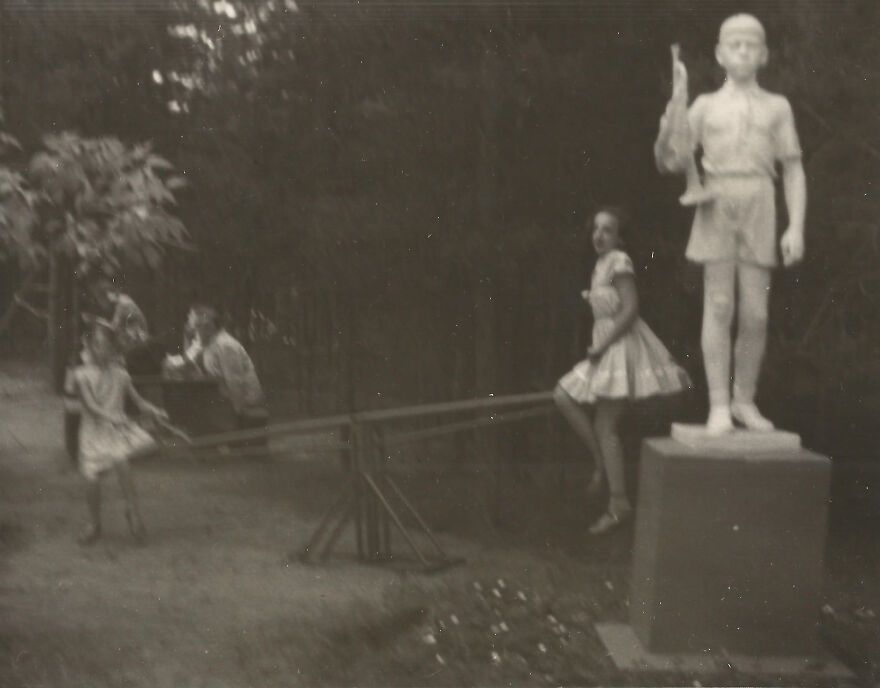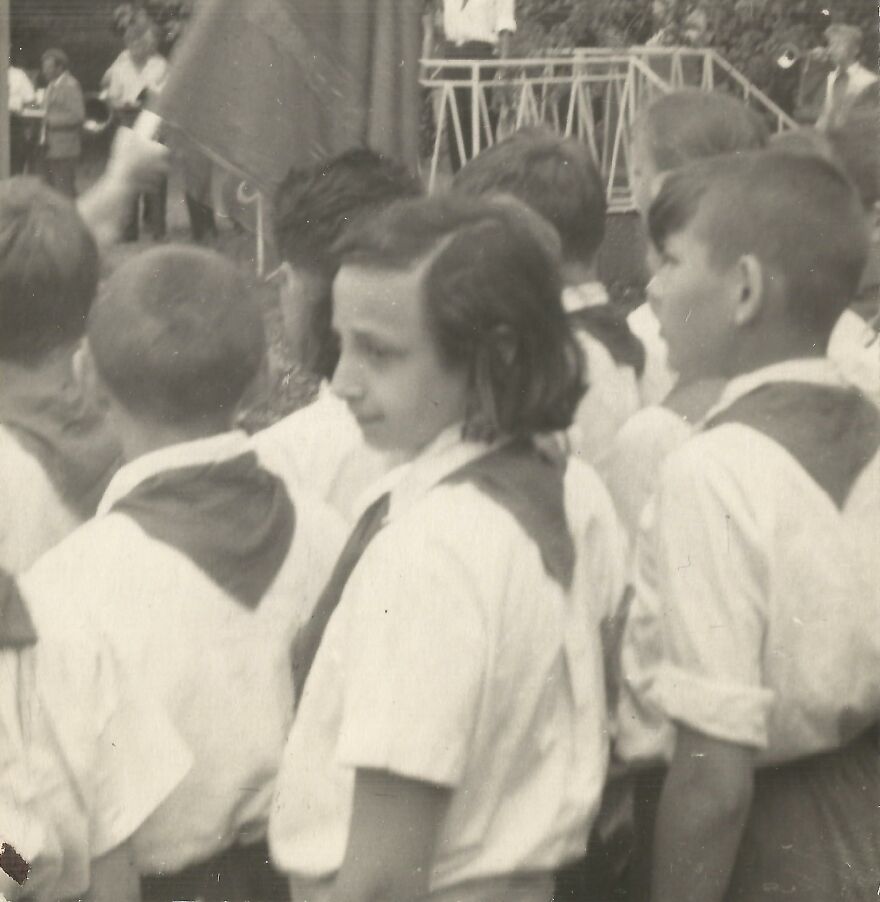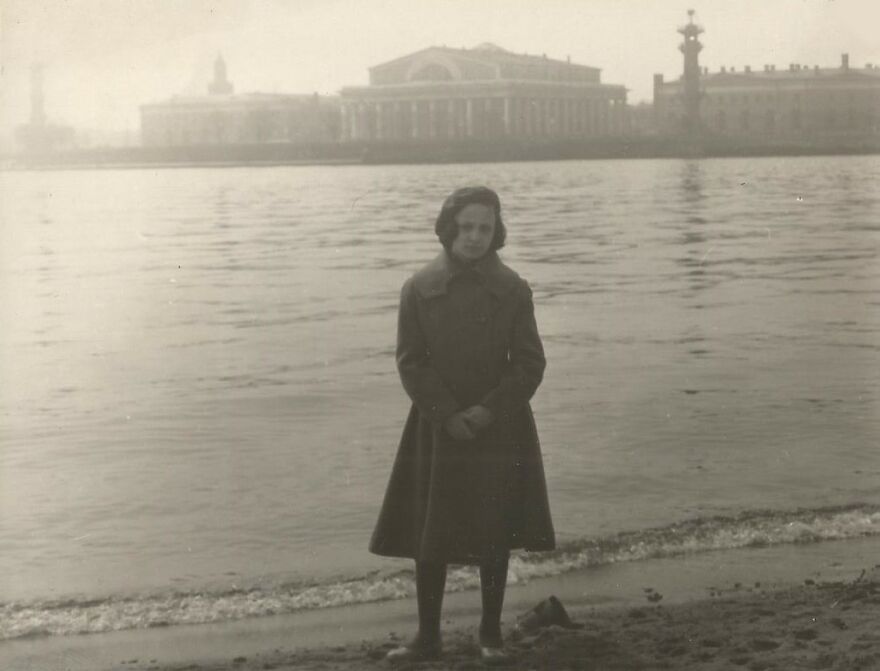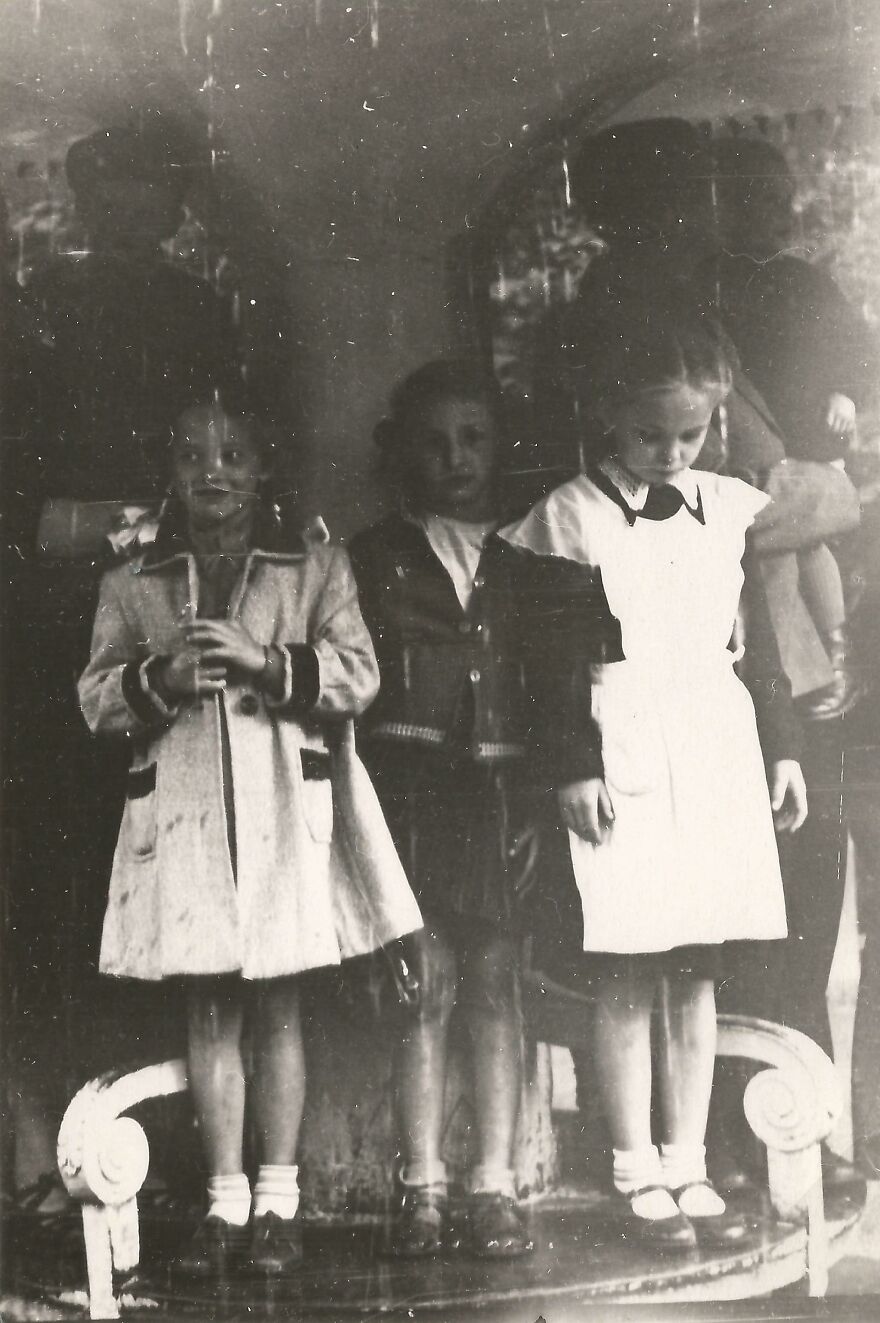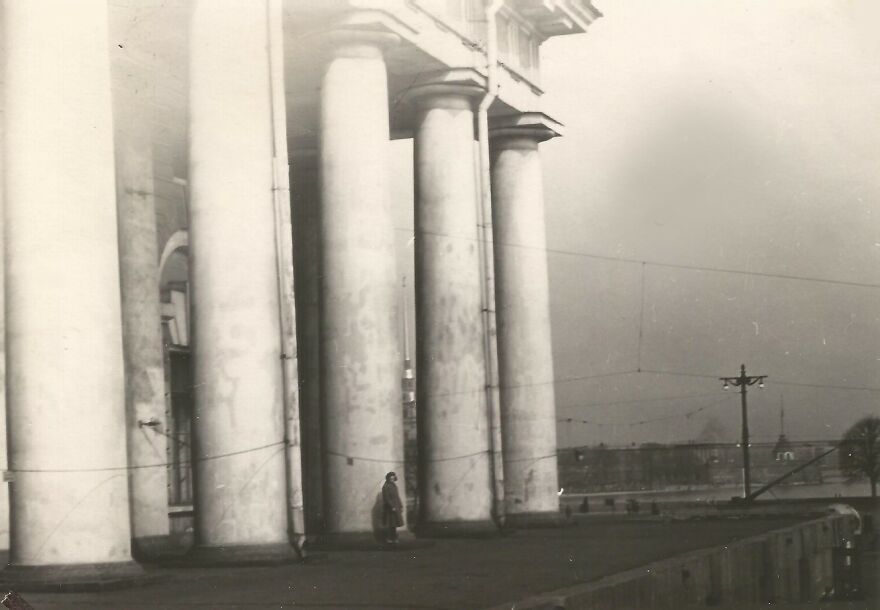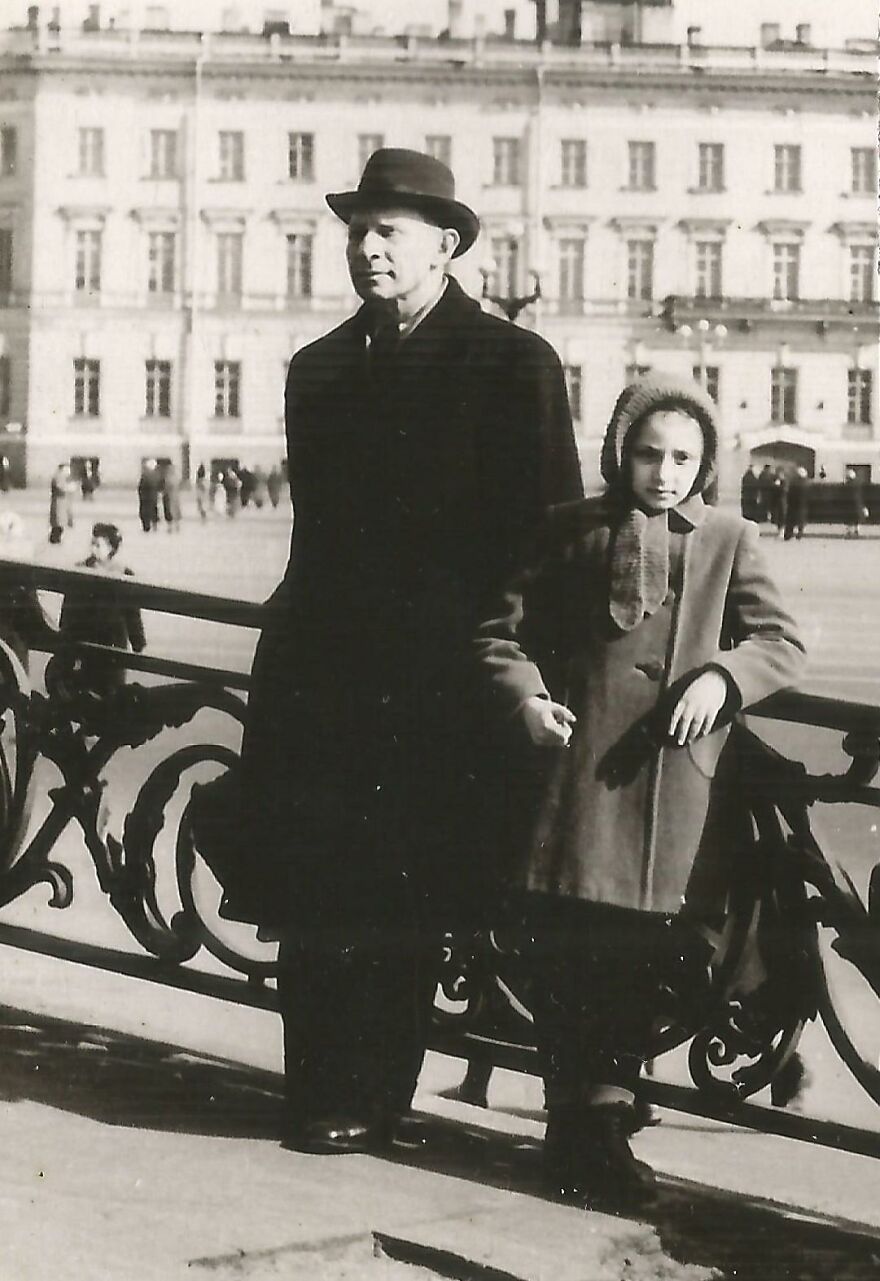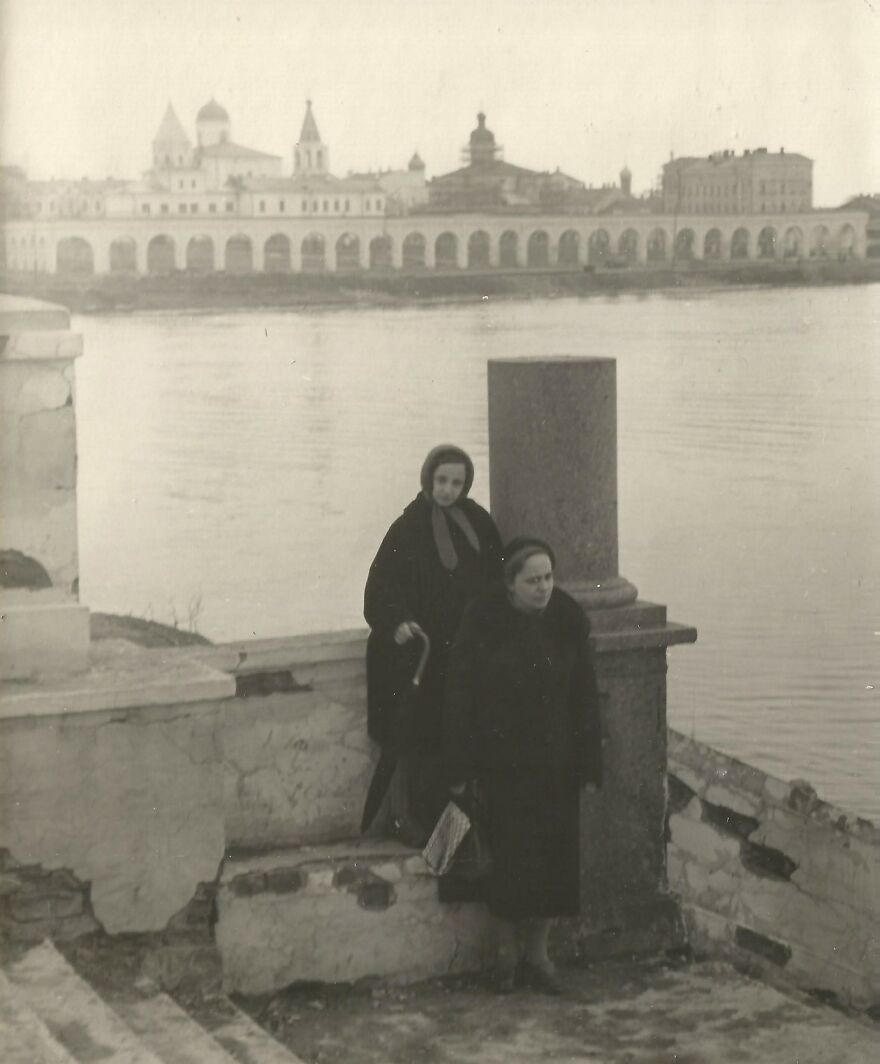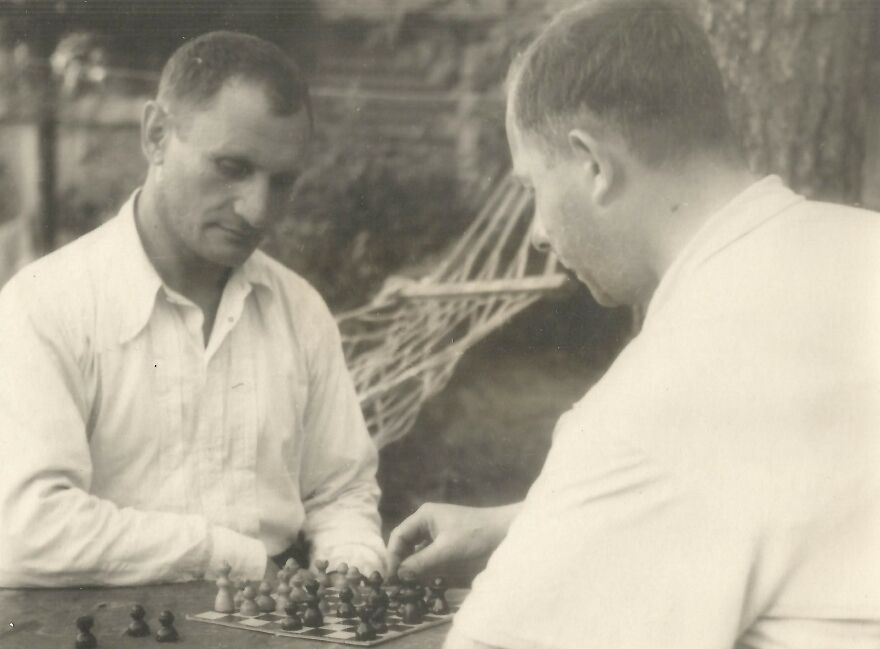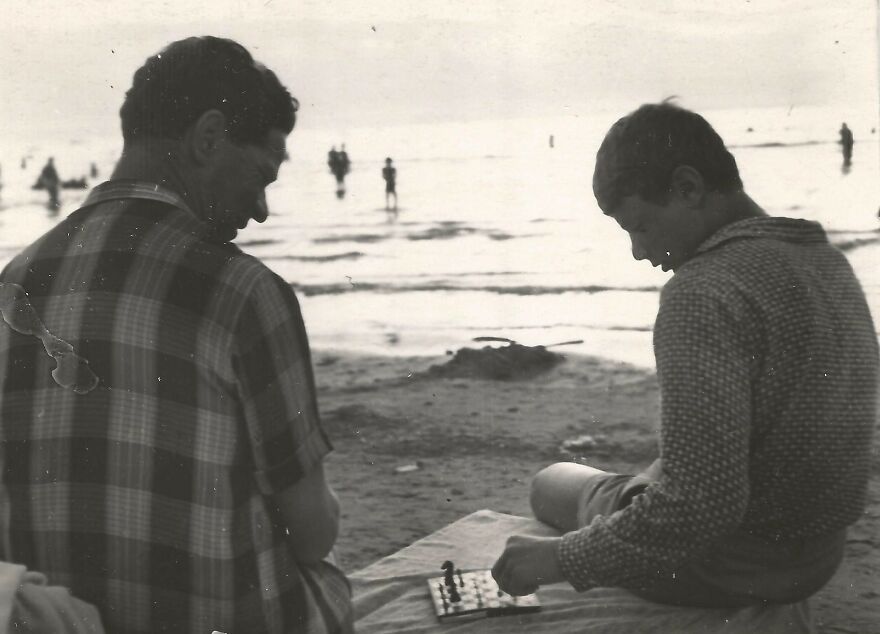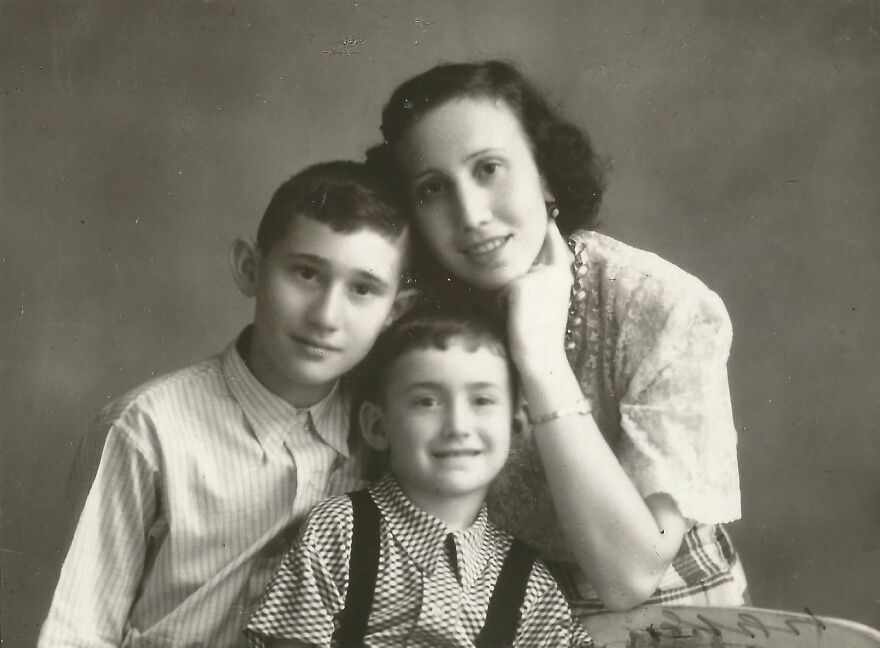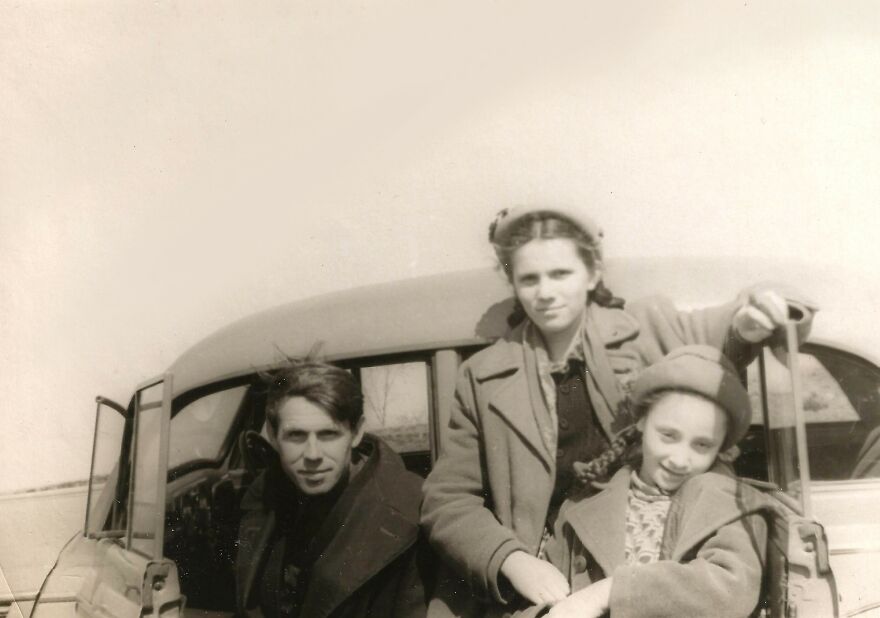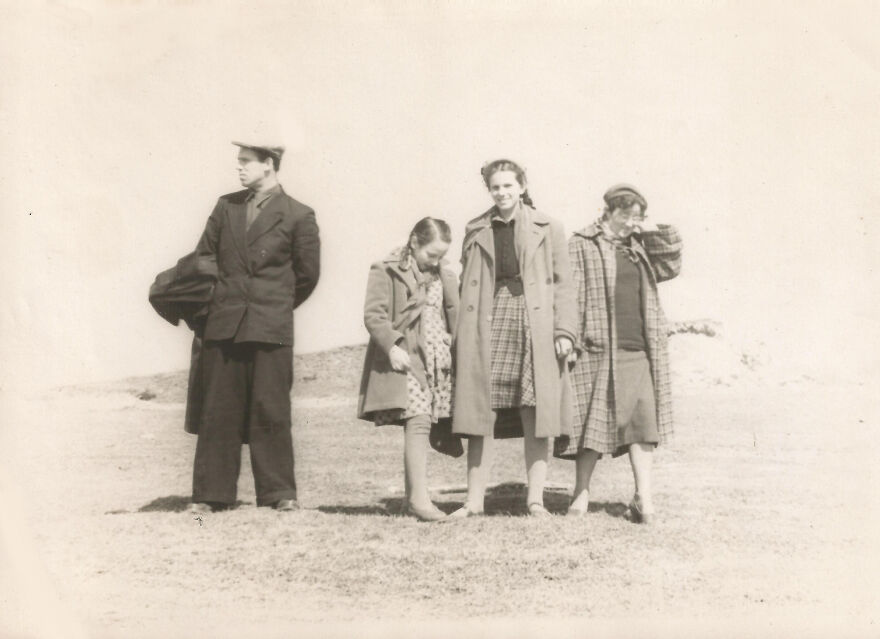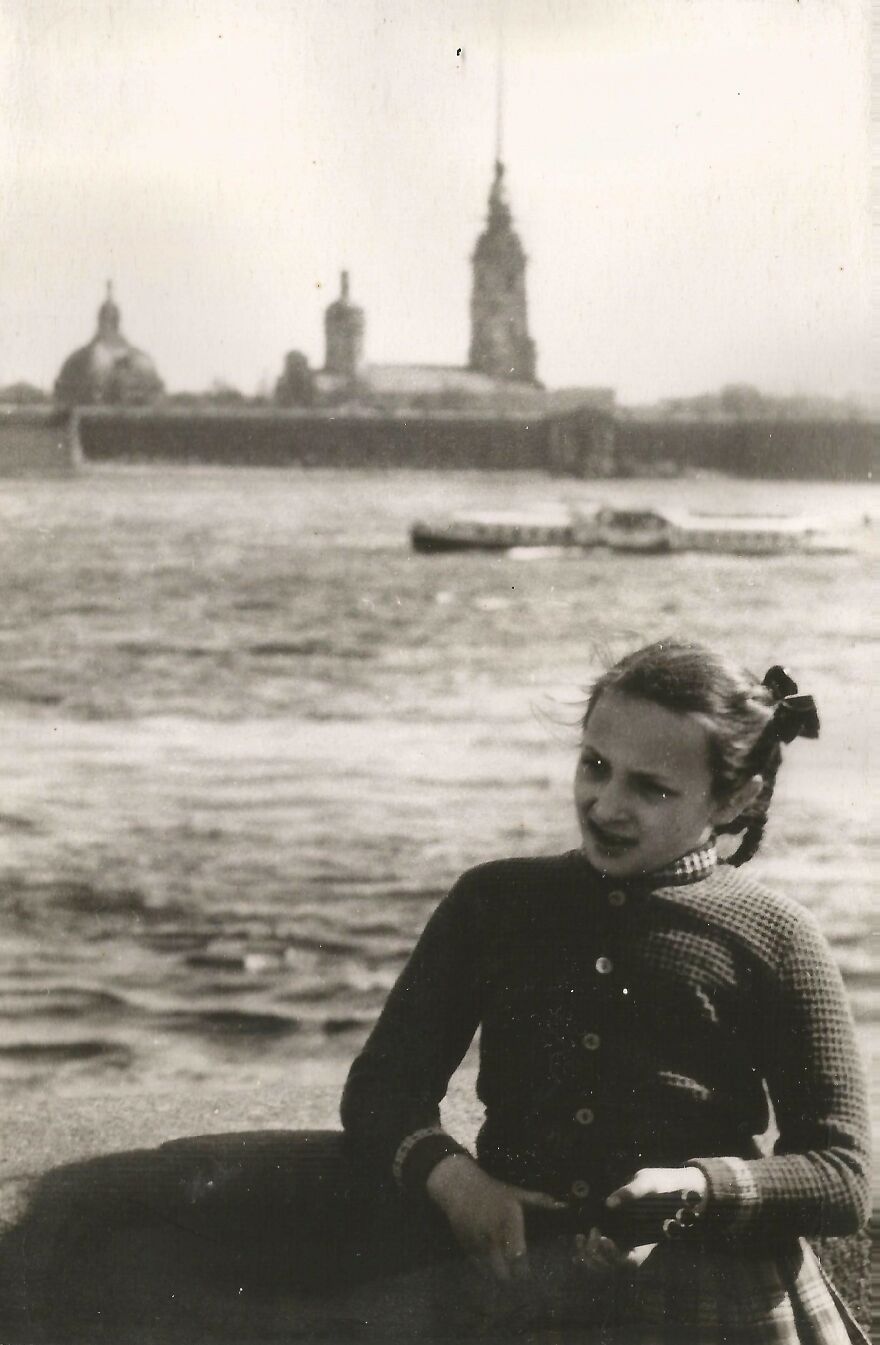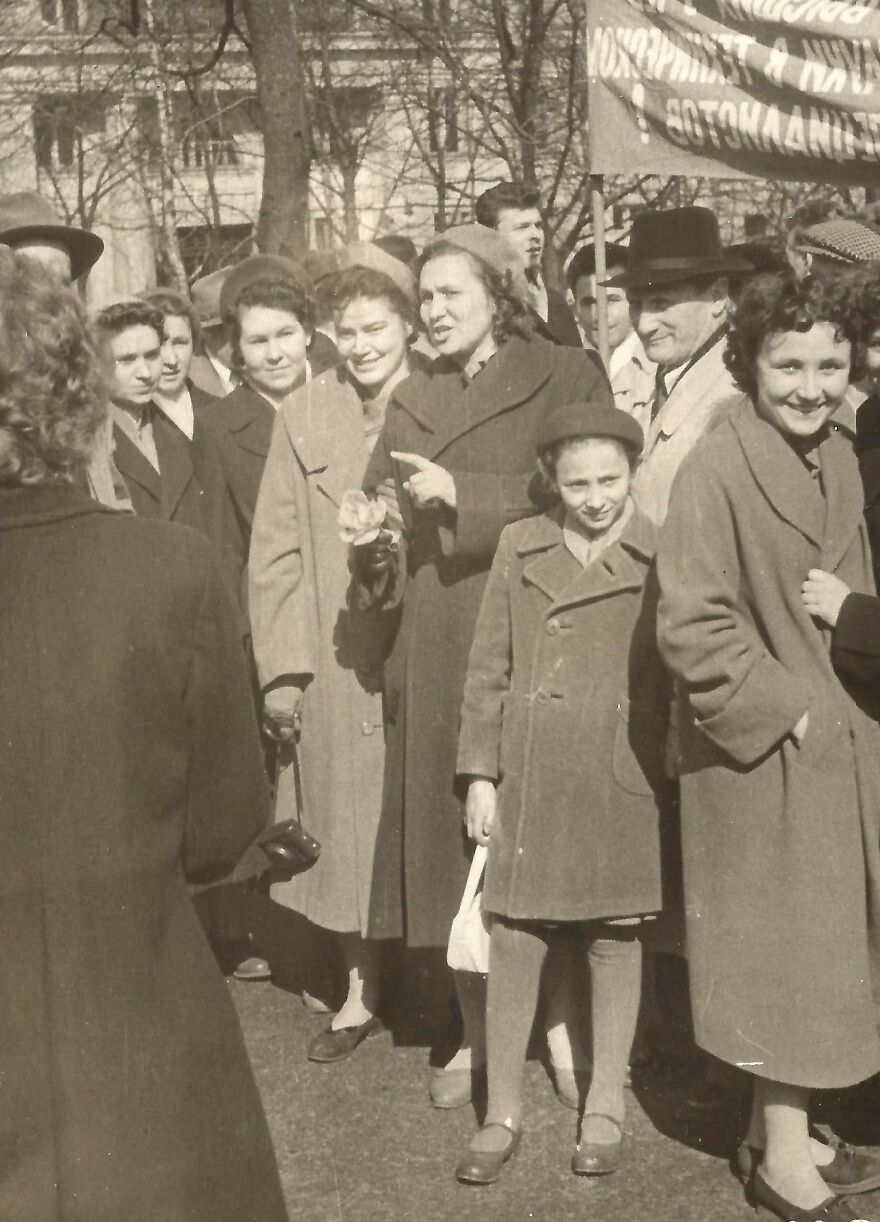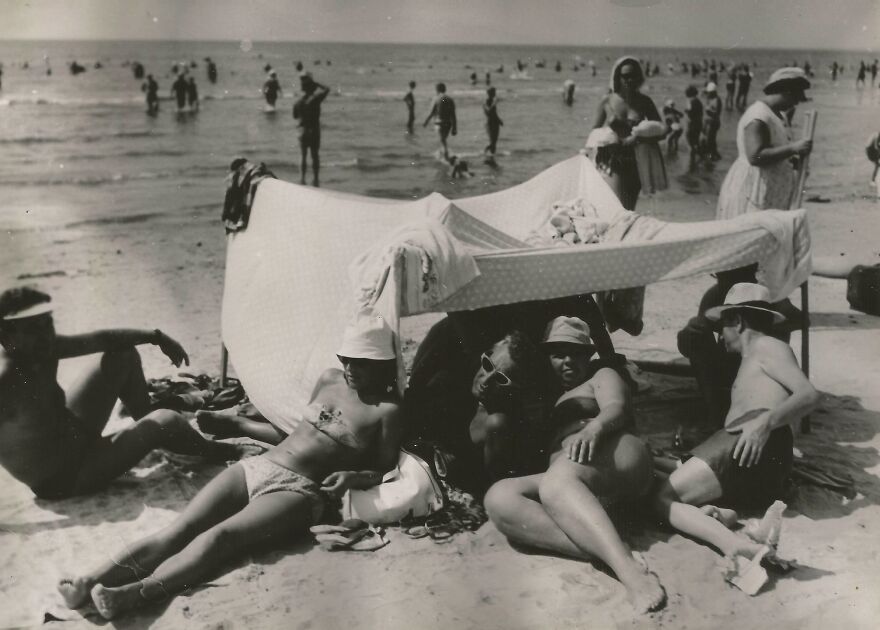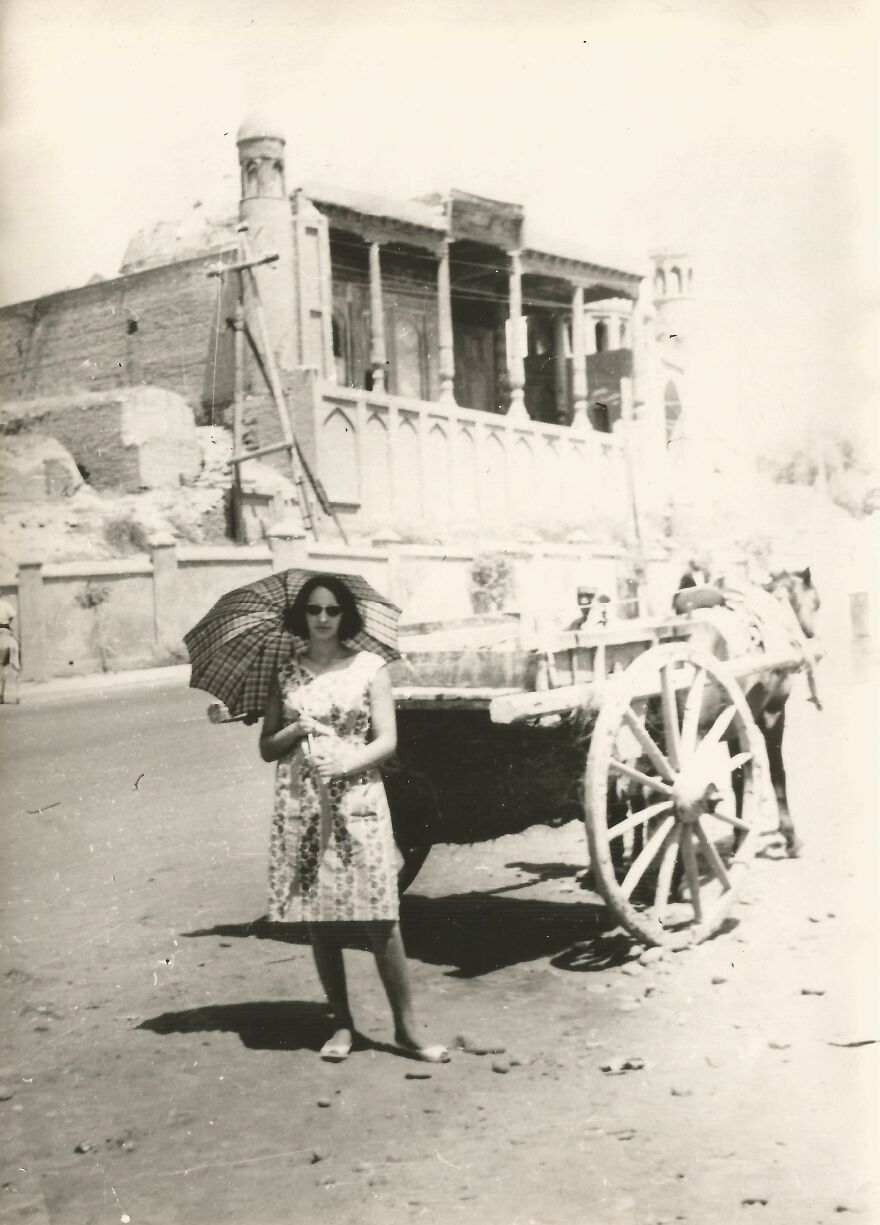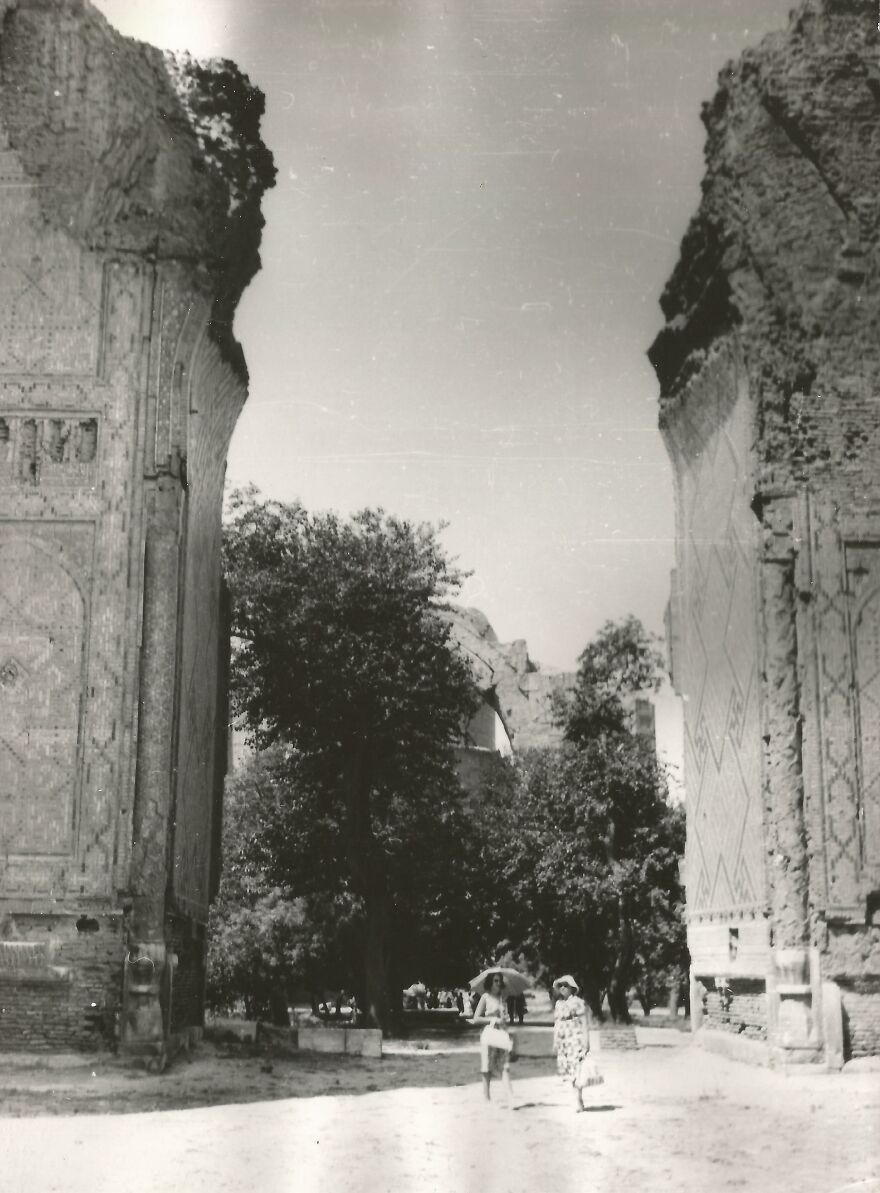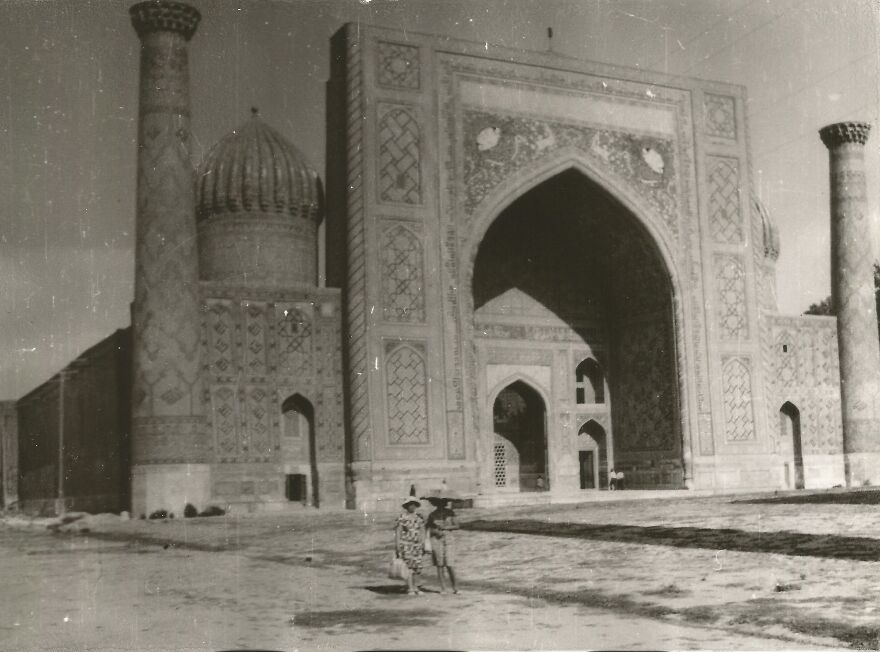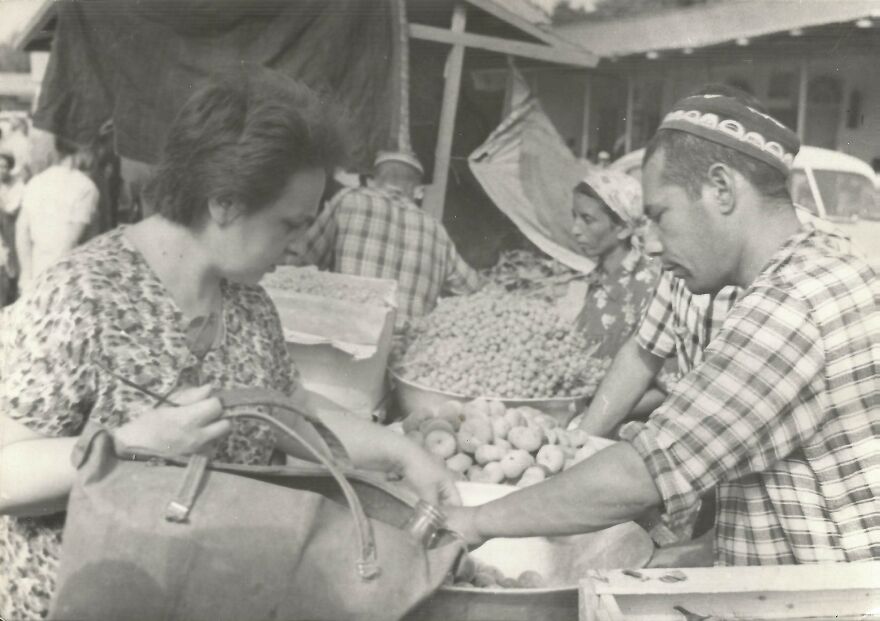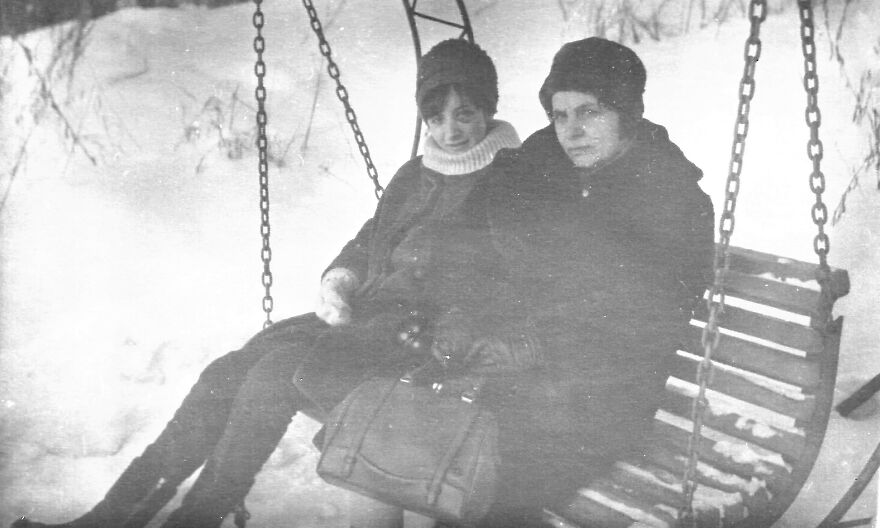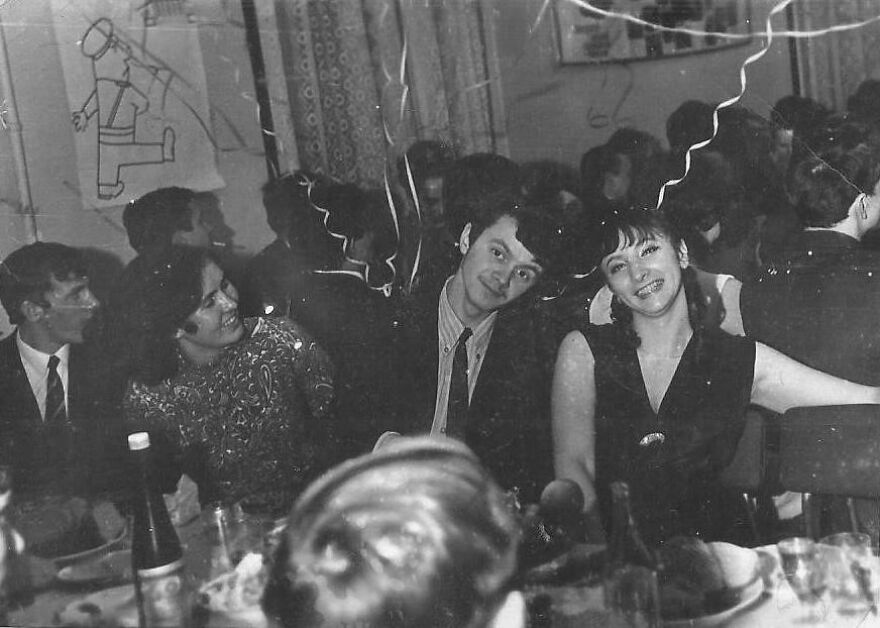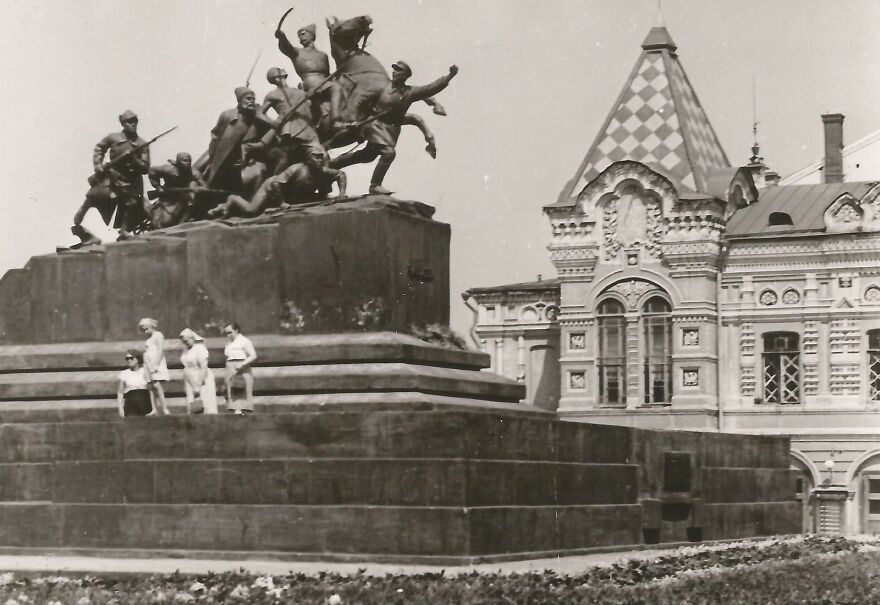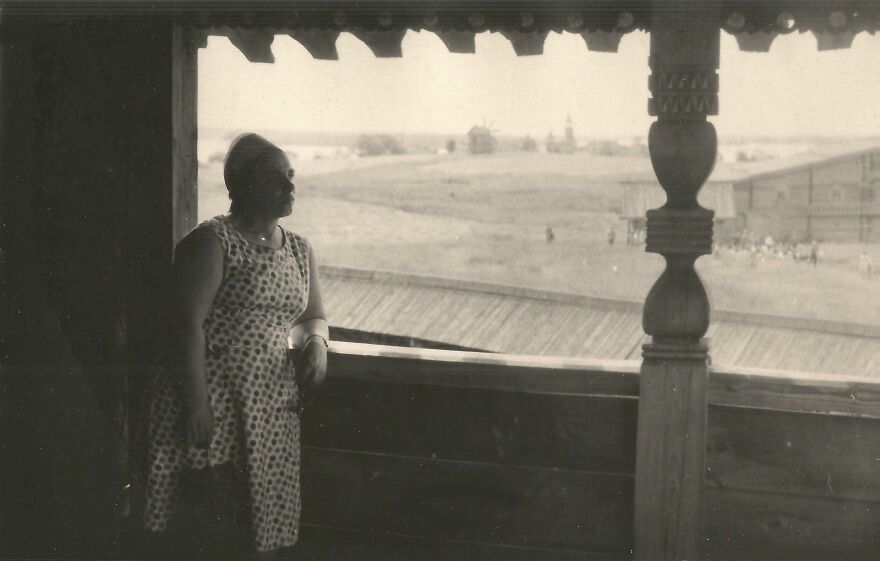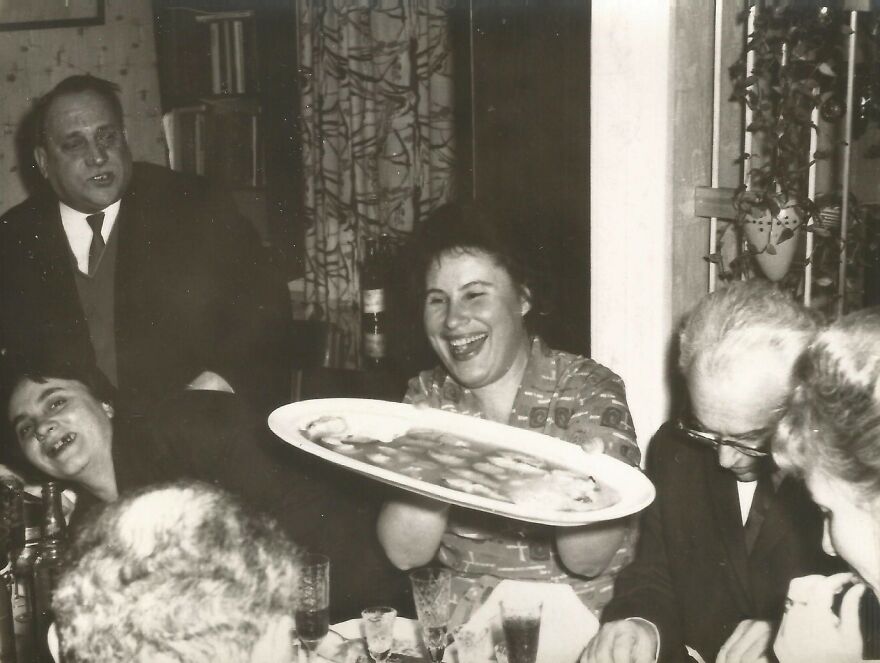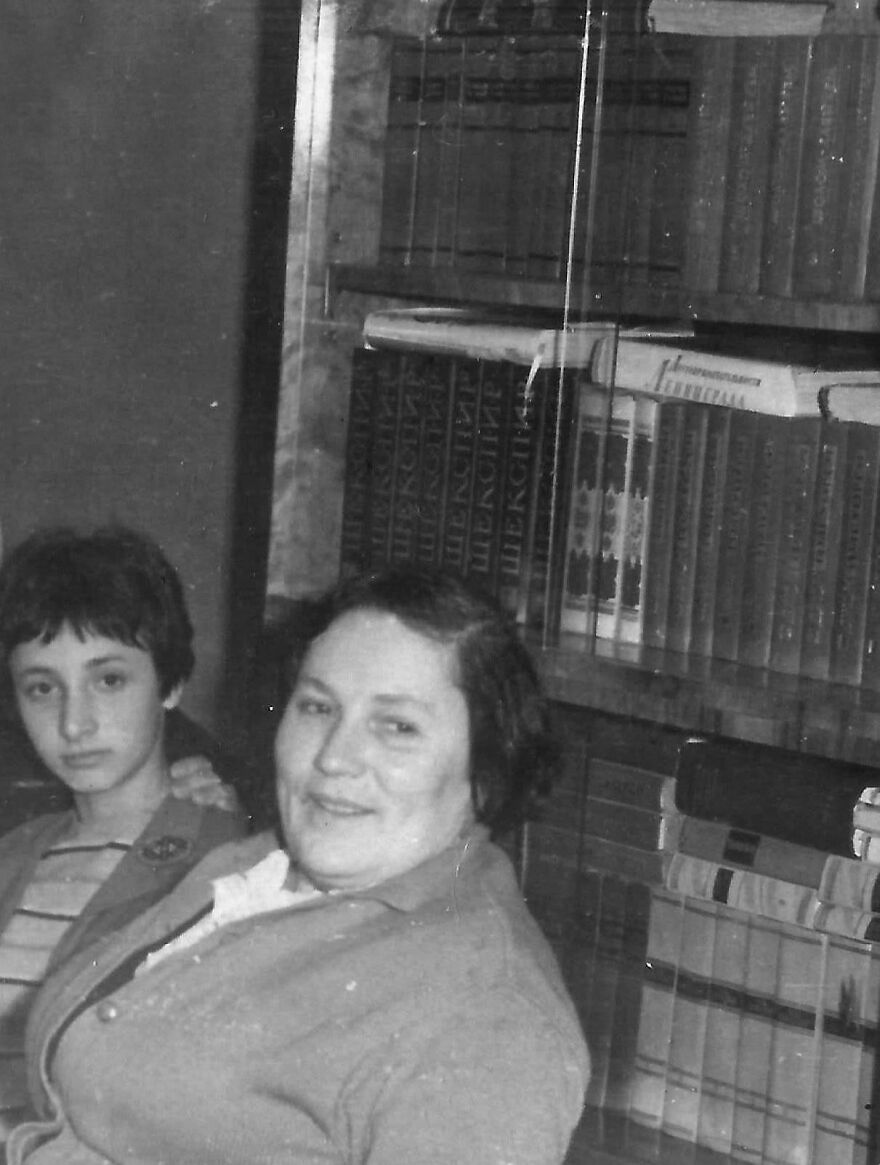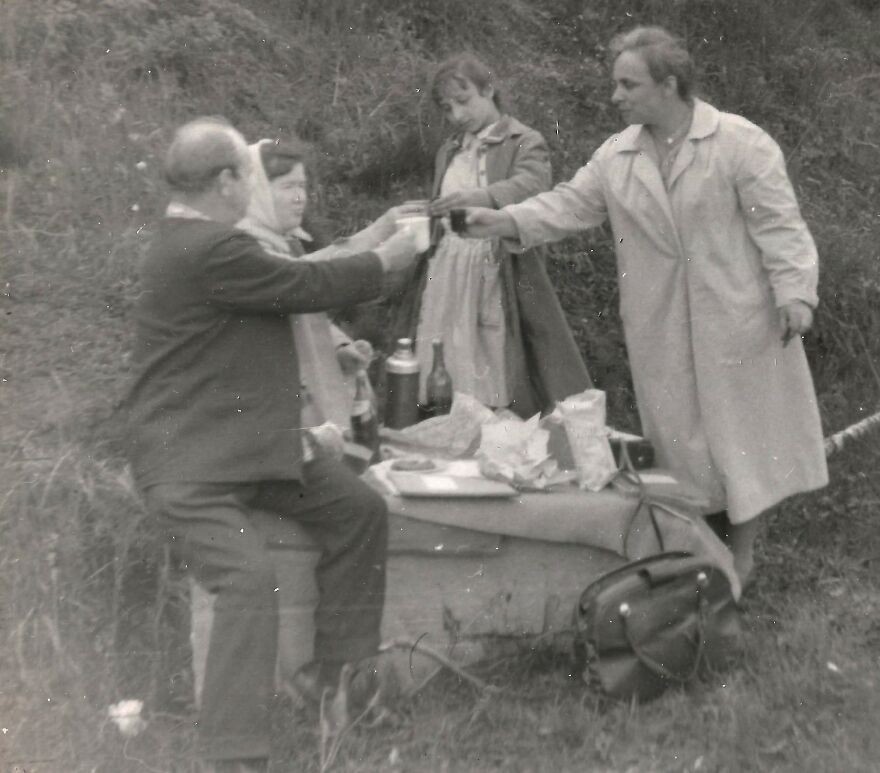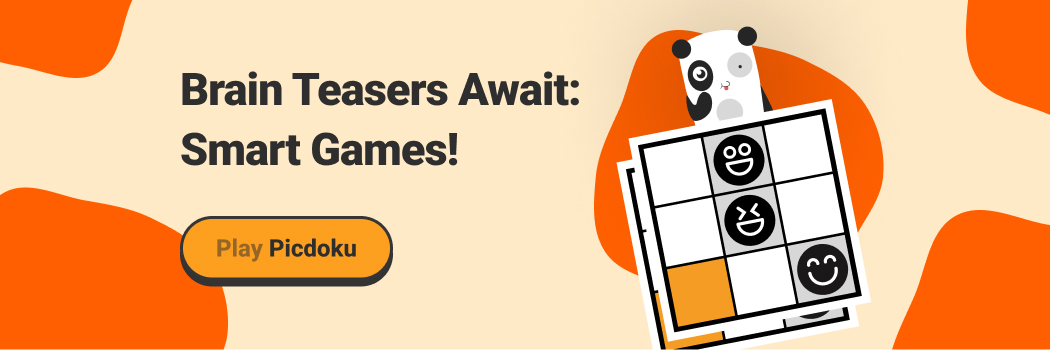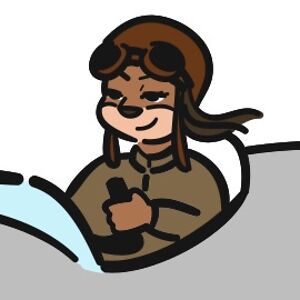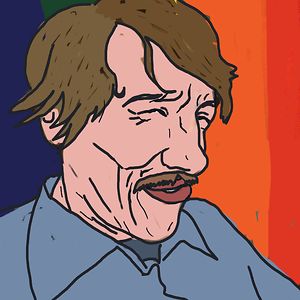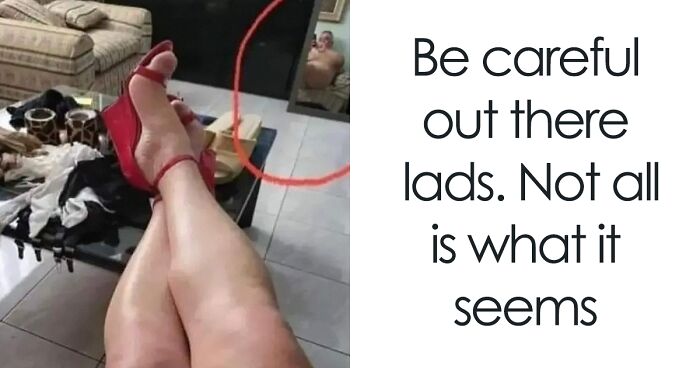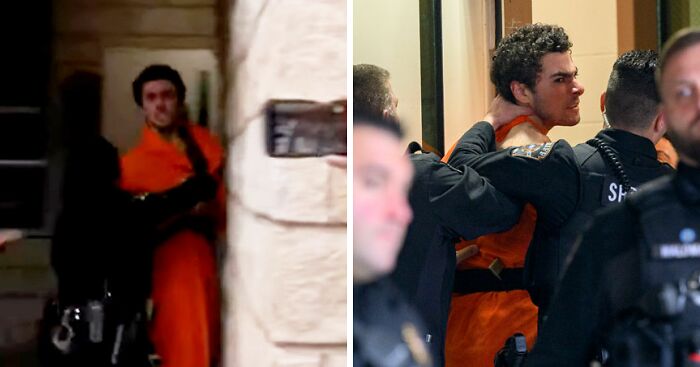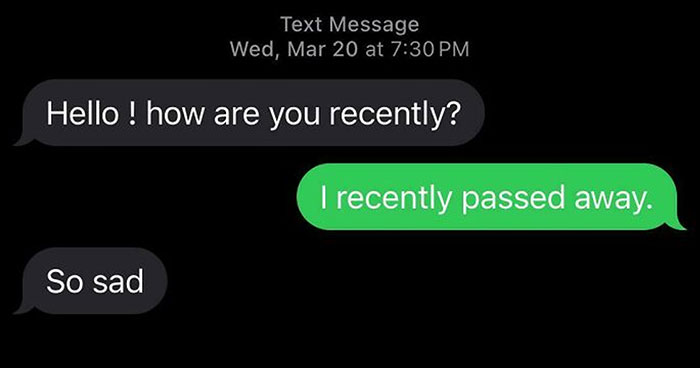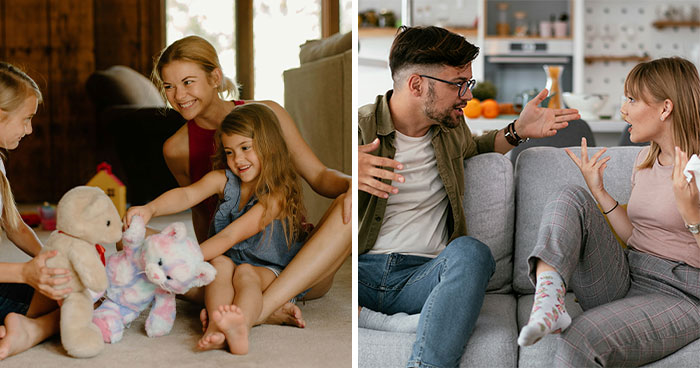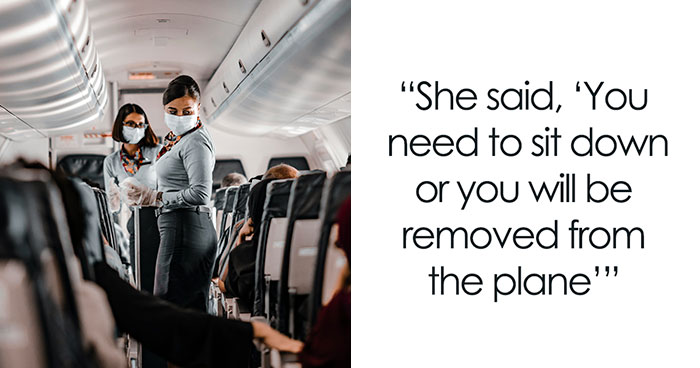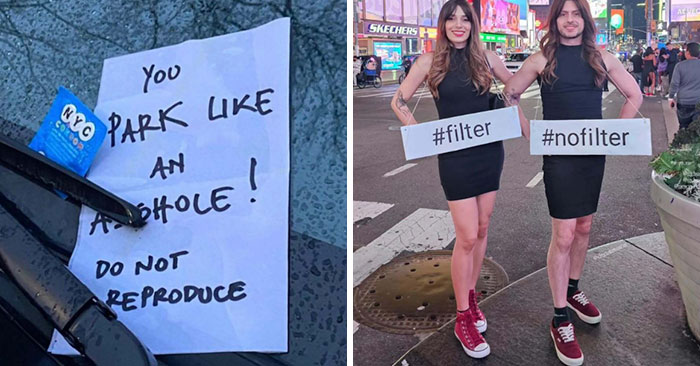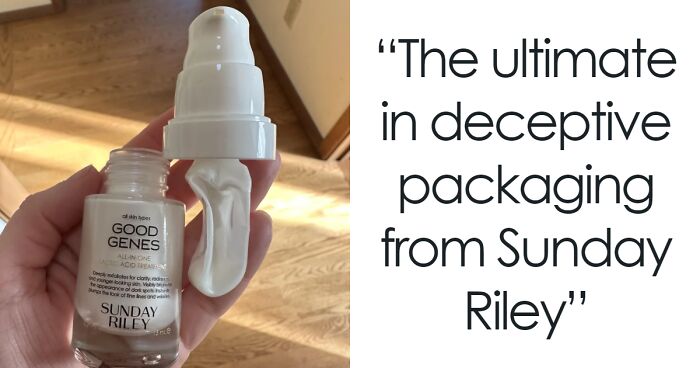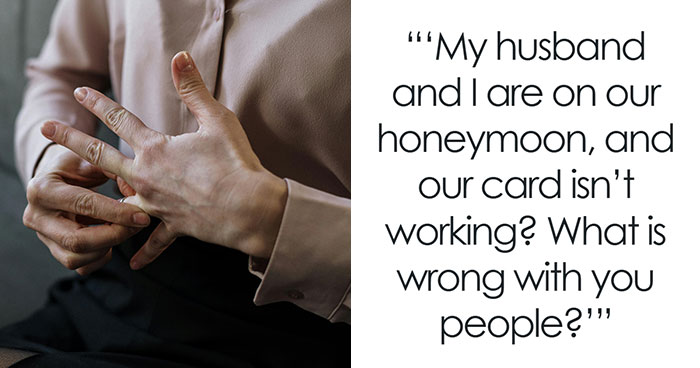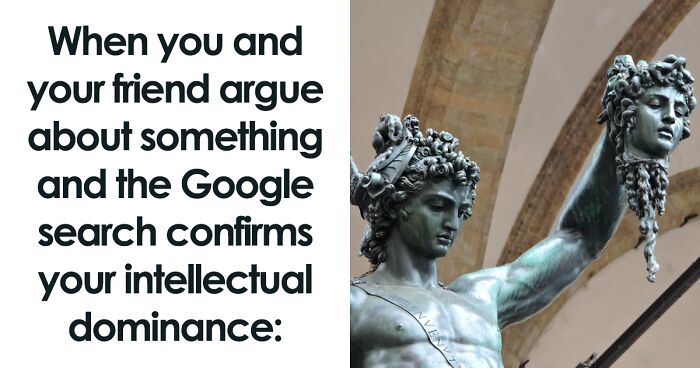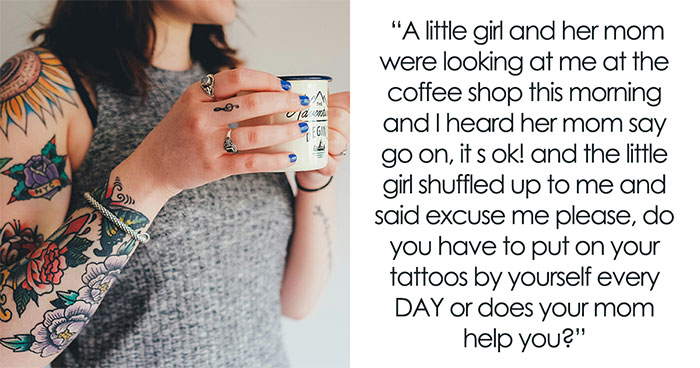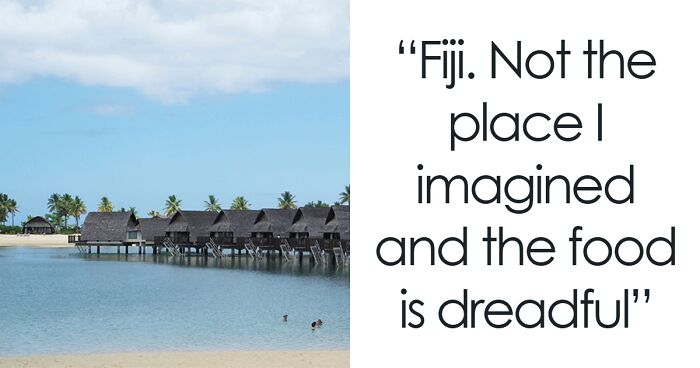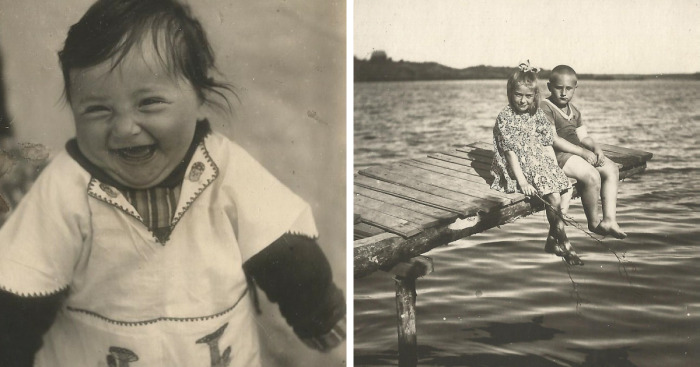
1Kviews
My Grandpa Loved Taking Pictures Of Life In The Soviet Union, Here Are Some Of His Best Snaps
A while back, I digitalized the photo collection left by my grandpa. He died in 1979, two years before I was born, having lived his entire adult life in the USSR, and most of it in Leningrad. He took the majority of the pictures you'll find in this article.
I’ve recently selected the best images to share with everyone who cares to look. The first half of this best-of collection was dedicated to his and grandma’s life until the early 1950s and is published here.
In this second half, the focus is on the next generation.
This post may include affiliate links.
David was friends with Olya, who was Inna’s step-daughter. Olya was a lovely girl but developed schizophrenia in her teens. The illness had been passed on to her by her mum.
Grandma on holiday with grandpa (probably holding the camera) in Kizhi, Republic of Karelia (Russia).
David, around 1950, was playing with a construction set that looks pretty much like the one I had over thirty years later.
Mum posing coyly against the backdrop of one of Leningrad’s most iconic sights: the Rostral Column.
In Tallinn, Estonia, 1960. The woman is the middle is called Elga, and it is with her that my grandpa lived after WWII for a while. Not in a romantic way, of course. Remember I told you he was only discharged from the army in 1947? Although the war was over, soldiers weren’t simply let go. Instead of returning home to their families, they would become part of the Soviet occupation forces that annexed three Baltic States – Latvia, Lithuania, and Estonia – to the USSR. The local population was forced to accommodate the men.
You would be quite right in thinking that the locals didn’t exactly have any warm feelings towards the invader, but Elga was a kind woman, and she and my family remained friends.
Still, when you were a Russian tourist in a Baltic state, you couldn’t really hope for a warm welcome. Mum remembers that one time when she was in Estonia in the mid-seventies, queueing to buy a set of underwear for dad. The rule was only two sets per person, but some would queue twice, and that’s exactly what mum did. The saleswoman noticed that and refused to hand over merchandise using gestures. Mum tried to explain that the woman was mistaken and that it really was her first time.
‘Do you understand me?’ mum asked (in her own language, of course).
‘I’m sorry, I don’t speak Russian,’ said the woman – in perfect Russian.
Of course, this episode in itself doesn’t prove anything – after all, it was my mum here who was the troublemaker. Still, I thought I would tell you.
Oh, yes, and there was another story. Grandpa once returned from a business trip to one of the Baltic States (not sure which one) and brought with him a box of shoe polish. Not for himself, but for reselling. I couldn’t tell you exactly just how legal that sort of thing was in the USSR, but my guess would be: not very. He was only planning to offer it to his friends and acquaintances though, so the risk was minimal.
And so was the profit, because hardly anyone showed any interest, so he got to keep the entire box all to himself.
David, mum, and grandma. Later on, he would take away mum’s chocolate and give it to girls he fancied – though I hope he’d stopped that by the time he got his gig as a university lecturer.
Mum at the young pioneer camp in Kavgolovo (Leningrad Region) in 1960. It looks like she is having fun, but she actually hated it. She was homesick, and there was too much discipline involved, she says.
The reason she ended up there: her grandma had died, and the family thought it would be better for her to be somewhere more joyful. They couldn’t have made a bigger mistake – today, whenever she sees a snap from that camp, she can’t help but use an expletive—a mild one, but an expletive nonetheless.
Funnily enough, despite not having been a massive fan of communism, Lenin, the party, and all that stuff, she still remembers the young pioneer’s oath: I, a young pioneer of the Soviet Union, being in the presence of my mates, promise solemnly to love my Soviet fatherland with all my heart, to learn and to fight as decreed by Great Lenin and as is taught by the Communist Party.
She only received a silver medal instead of a gold one at school because she failed social studies. ‘Couldn’t learn that communist junk,’ she says.
P.S. Another fun fact about mum: she was the first girl in her class to wear a pair of trousers. Outside of school, naturally. Those were the envy of all the girls, she says.
Under a mushroom fountain. That thing would go off without warning and spray you if you were standing right next to it. But that was the whole point. It was a game – to make it safely under the roof without getting wet. Of course, you could bring an umbrella with you, but that would have been no fun.
Though judging by mum’s look, it was no fun anyway.
With uncle Stanislav, mum’s least favourite of her dad’s two brothers. Her favourite one, Oleg, sadly wasn’t a frequent visitor.
Once, when visiting the family, Stanislav saw her reading while eating lunch. Unceremoniously, he snatched the book out of her hands and said it wasn’t good for her to read and eat at the same time. Which was actually true, but that’s not the point.
A few years later, during another visit, she made it a point to let him see her reading and eating at the same time, just to annoy him. But now she was a young woman, and he could no longer do anything. Petty revenge, but oh, how satisfying!
Mum and grandma on a trip somewhere. Could have been many places, really, as they did their fair share of travelling. She just can’t remember.
Chess was ideologically unobjectionable and could make you forget for hours that you, most likely, would never be able to travel to Rome, try a burger or open a Playboy.
My less-than-beloved uncle Lev and his brother Mark (here with their mum). Mark has lived all his life in Tashkent. At around the time this picture was taken, he fell down from a chair while reciting a poem. I don’t know what the poem was about, but it’s a pretty safe bet to say it was either about nature or Lenin.
That fall took its toll on his health, and he needed several operations throughout his life as a result. I suppose poems really can be dangerous.
When mum and her parents moved to a new flat from the flatshare they’d previously occupied, they found themselves living in one house with a fairly well-known painter (yes, she does have a Wikipedia page). Mum even posed for her, though we don’t know whether the woman ever finished that painting or not.
On this day, in 1959 or 1960, that painter, mum and mum’s friend Nadya had a day out. The woman had recently bought a Moskvich, one of the most popular car brands in the country. Set her back 9000 rubles (let me remind you again – an engineer was earning about 120 rubles per month). She hired a driver, and they spent a marvellous afternoon picking flowers and doing innocent Soviet stuff like that.
This photo could well be used for a cover of a travel diary novel, don’t you think?
Most likely, taken on a 1st of May demonstration. The day is also known as Labour Day, the Spring and Labour Holiday, or the Day of International Worker Solidarity. According to Lenin, this was an occasion for workers to celebrate their “awakening to light and knowledge, their unification into one brotherly union to fight against any kind of oppression, any kind of tyranny [more accurately translated: “arbitrary treatment”], against any kind of exploitation, to establish a socialist society”.
1963. Grandma (in white, on the right in the background), mum (somewhere) and a few colleagues from the Mining Institute holidaying in Anapa in the Krasnodar Krai [Region].
By some weird coincidence, mum ran across a former classmate of hers back from Leningrad.
Mum and grandma on a trip to Samarkand, Uzbekistan. With its completely different landscape and culture, lack of urbanisation and a Muslim majority, that was as exotic a land as you could find in the entire Soviet Union.
Farmers would still transport their goods on horses, no hint of asphalt, and the heat was merciless. One of mum’s fondest memories was her talking to a tourist from Florence. The elderly woman had an interpreter with her and, for some reason, was very keen to talk to the little girl from Leningrad.
Mum and her parents were staying in a hotel, shielded from the poverty around them. They hired a local guide for a few pennies, who was extremely knowledgeable and showed them the tomb of Timur, a legendary Turco-Mongol conqueror, made entirely of green nephrite. The tomb, that is, not the man.
Zelenogorsk is a town in St Petersburg’s (then-Leningrad’s) Kurortny District. The name “Kurortny” already means something like “with a resort” or “serving as a resort”. So, when mum went there, she was really hoping to have a blast on her winter holidays. Didn’t happen though, and when she talks about it, you can hear she’s still a little upset at her own clumsiness.
She was never much into sports, let alone ice skating. And yet, she decided to give it a go. Within a few days of getting there, she fell down and broke her arm. If you look carefully, you can see a bruise on her left eye, too. Had to wear a cast for three weeks, which meant her choice of activities was severely restricted.
Not only that, but she also lost any chance of seducing a bloke from her class. He was smart and ambitious, and she always felt he would go on to become... well, some kind of a big deal. She wasn’t wrong – he ended up getting a job in the US and earning millions.
Still, they did go out for a bit, but then they both realised they had no feelings for each other whatsoever. If they had, I guess I would have been born an American – and perhaps with a slightly prettier face.
As you can see in this picture, nothing made a middle-aged lady from the USSR happier than a big platter of fish.
You may have heard that the Soviet Union was regarded as the “most reading country” on the planet (at least by the Soviets themselves). There was a kind of fashion for reading. A regular family would have a collection of books on their shelves, which they would display for their guests to see. Many would have a collection of works by Tolstoy, Pushkin or Shakespeare – but that, of course, didn’t mean they would have read them all. It was just something one wanted to show.
Oh, and of course, such collection would also include an encyclopaedia – with a varying number of volumes.
Had I looked at these photos 25 years ago, I would have thought..hmmm.. someone else's family. But now in the age of social media, they struck me with how much real emotion is shown, they are like little slices of time, as apposed to choreographed poses. Thank you for this refreshing post. And thank you for sharing your family.
Thank you for posting and giving us a glimpse of another culture and lifetime. Hold onto those memories so that they don't disappear.
Had I looked at these photos 25 years ago, I would have thought..hmmm.. someone else's family. But now in the age of social media, they struck me with how much real emotion is shown, they are like little slices of time, as apposed to choreographed poses. Thank you for this refreshing post. And thank you for sharing your family.
Thank you for posting and giving us a glimpse of another culture and lifetime. Hold onto those memories so that they don't disappear.

 Dark Mode
Dark Mode 

 No fees, cancel anytime
No fees, cancel anytime 


